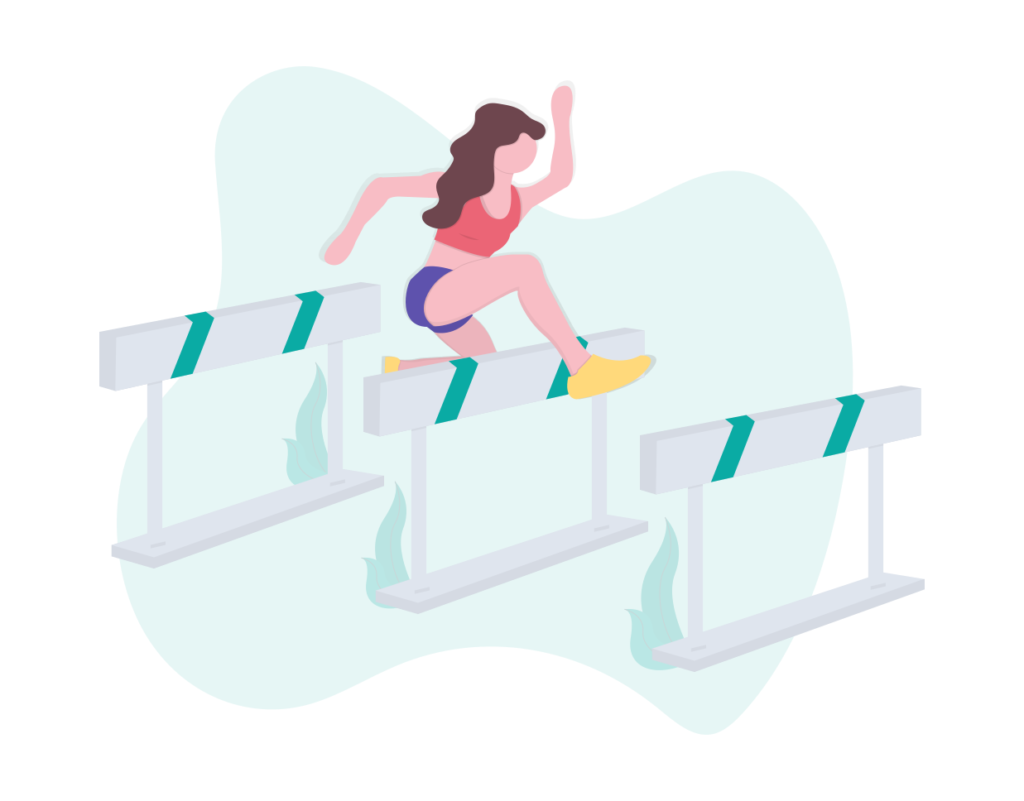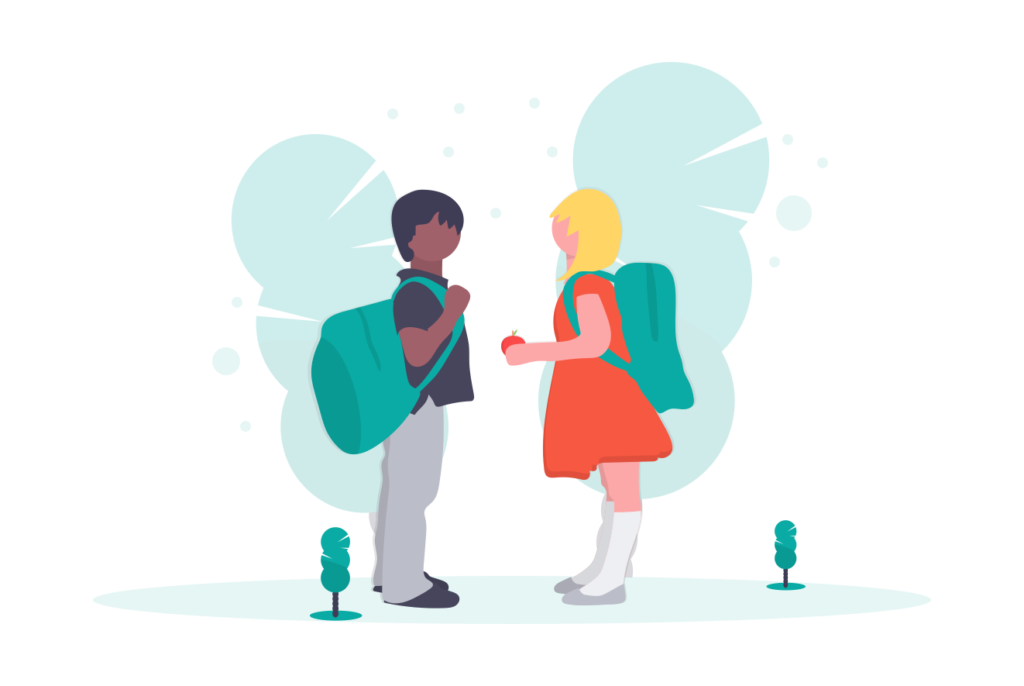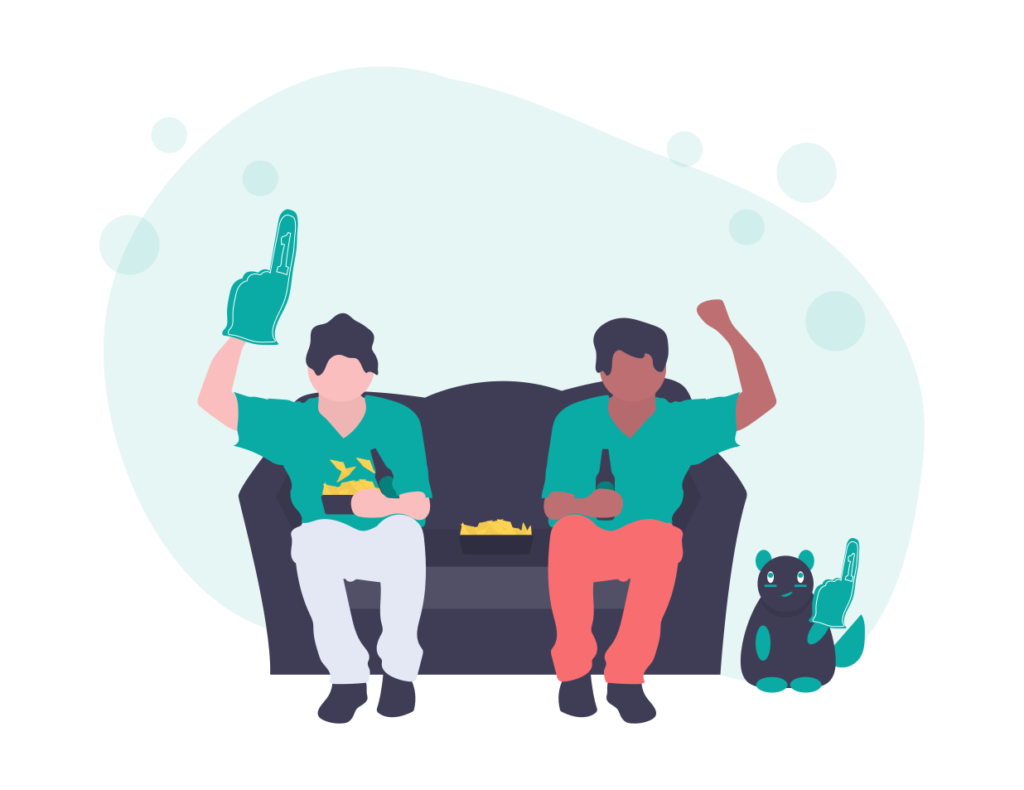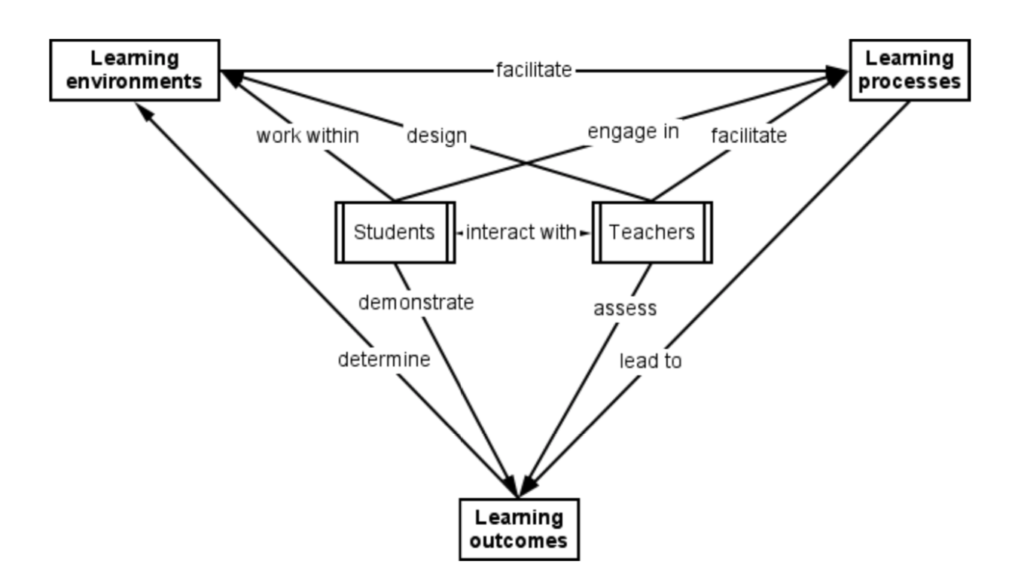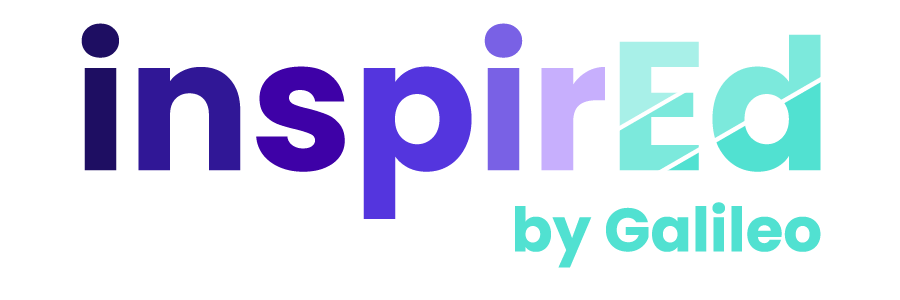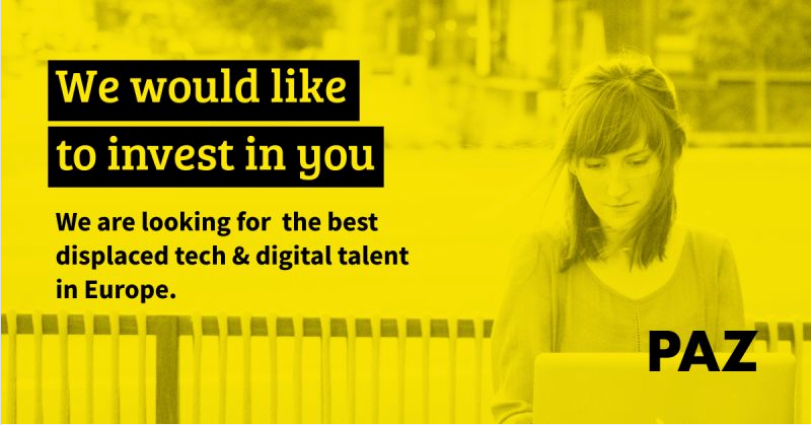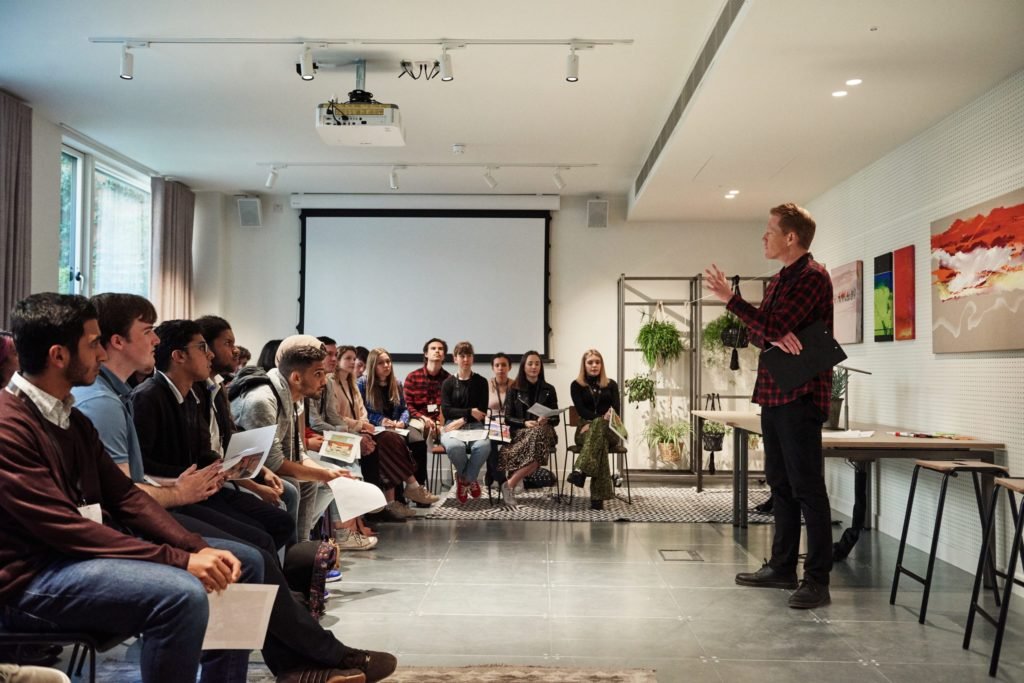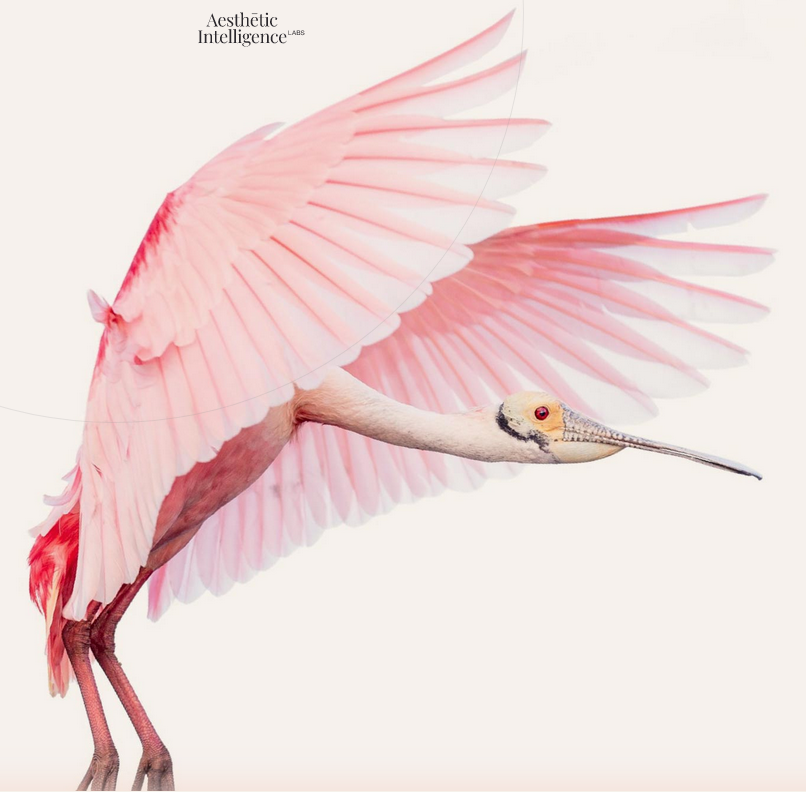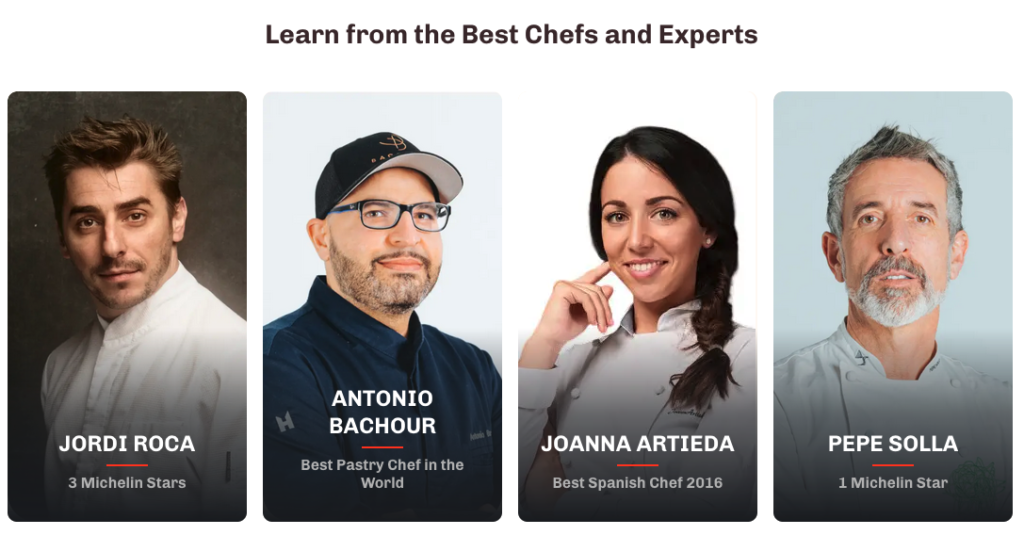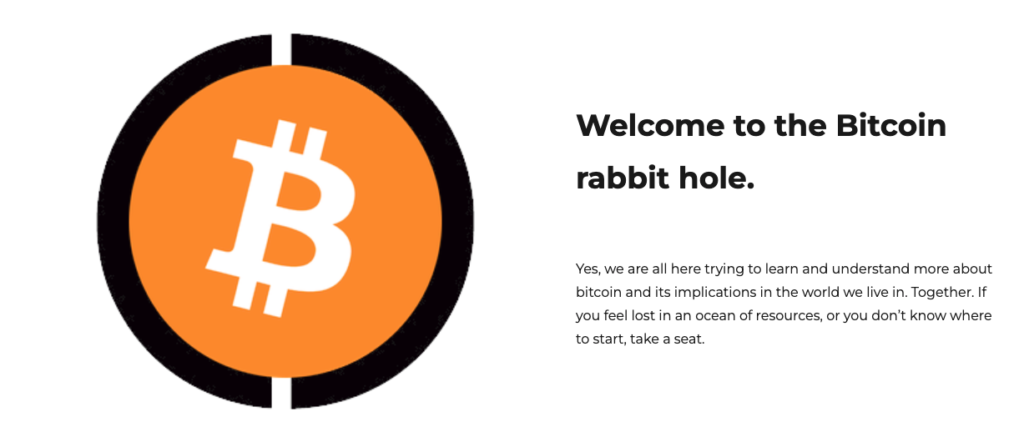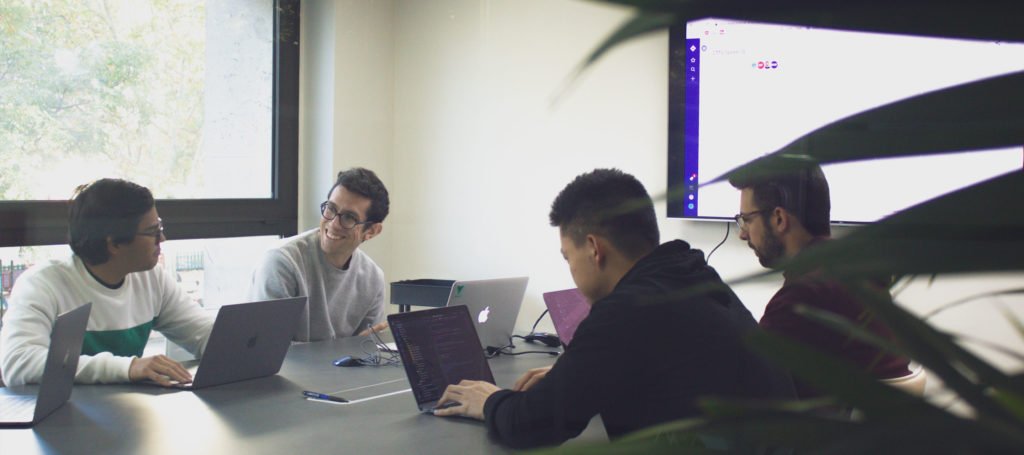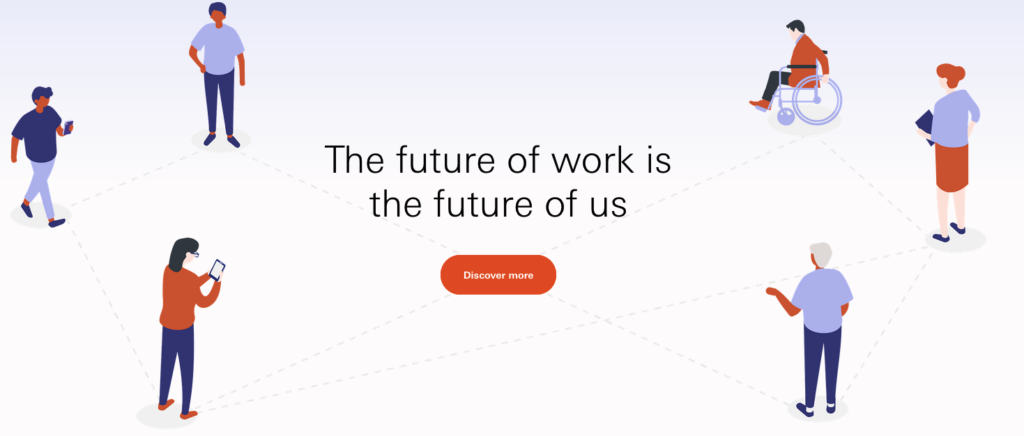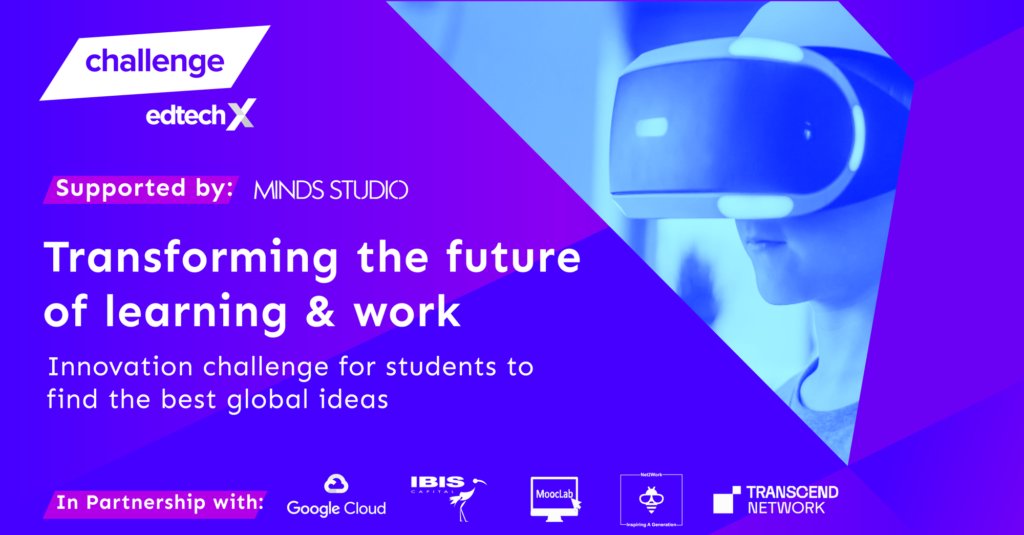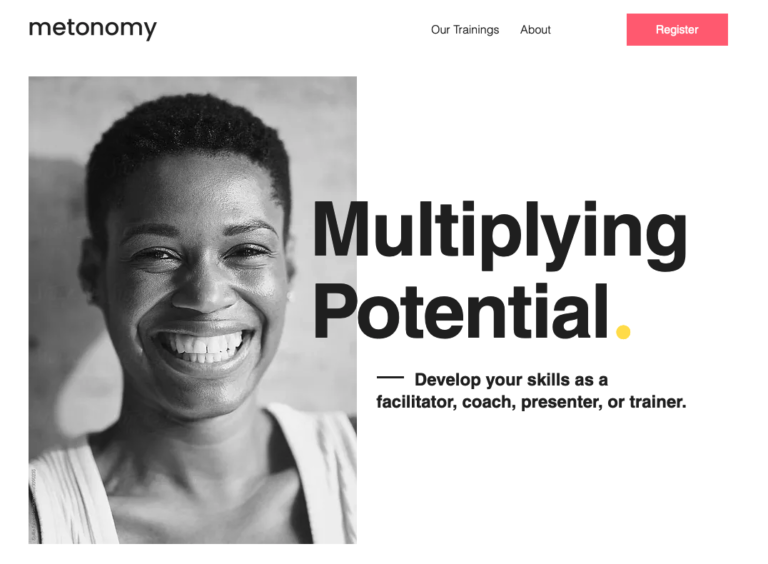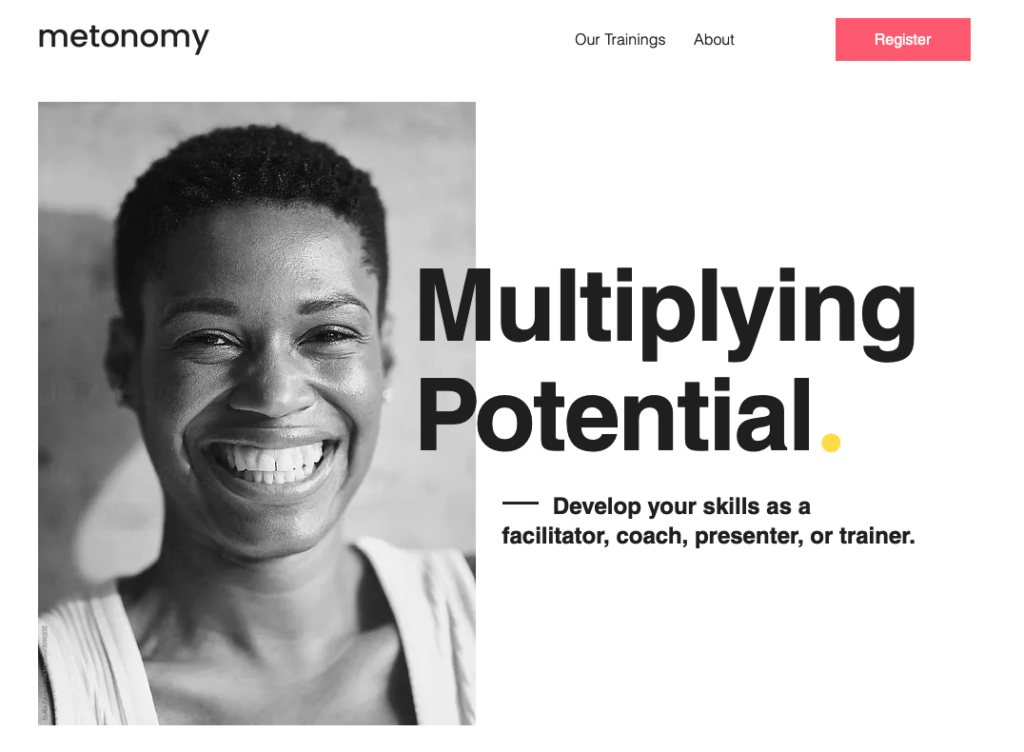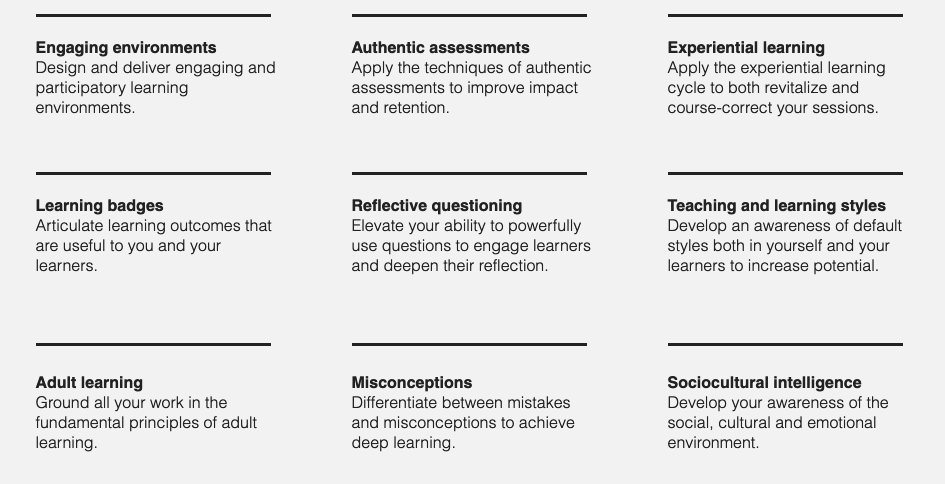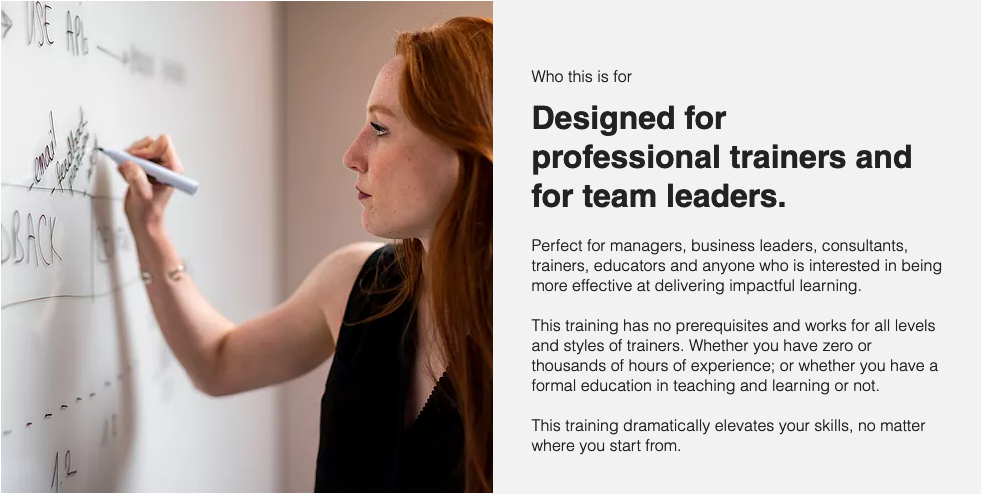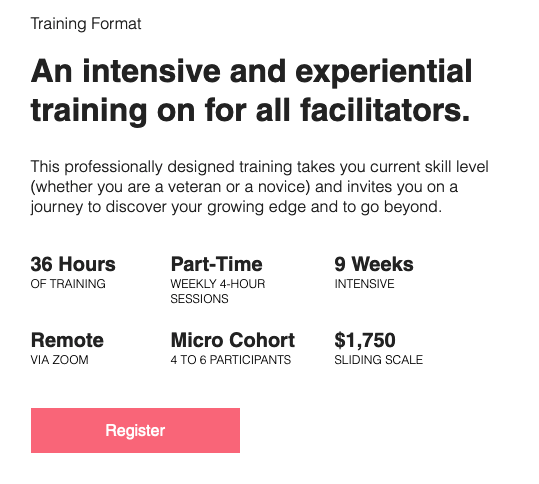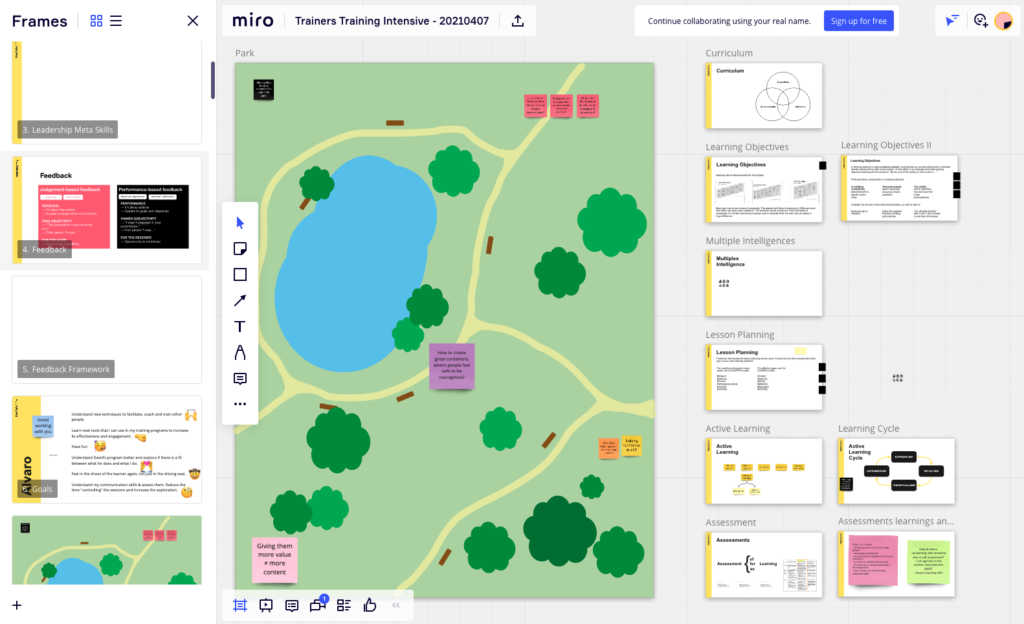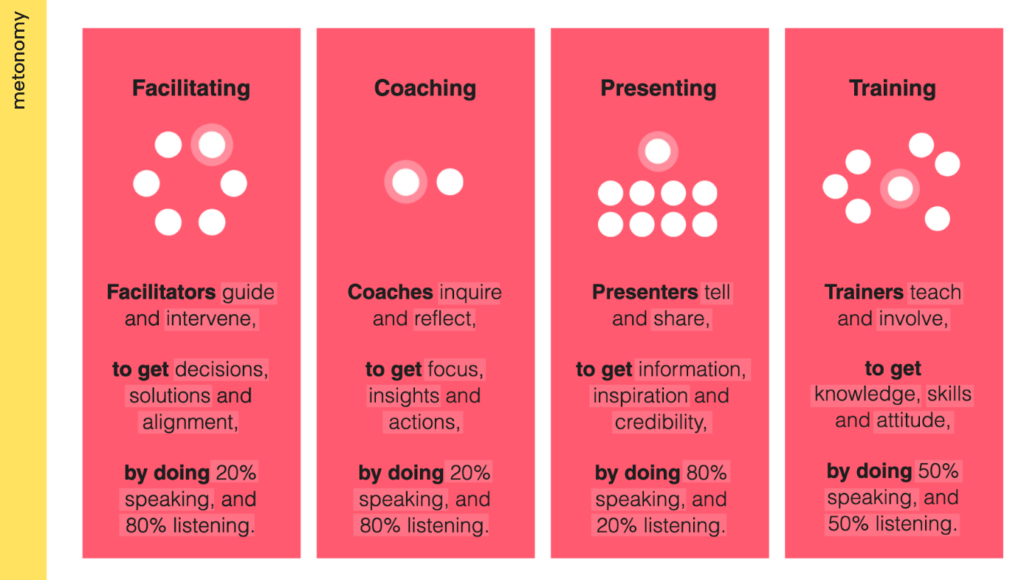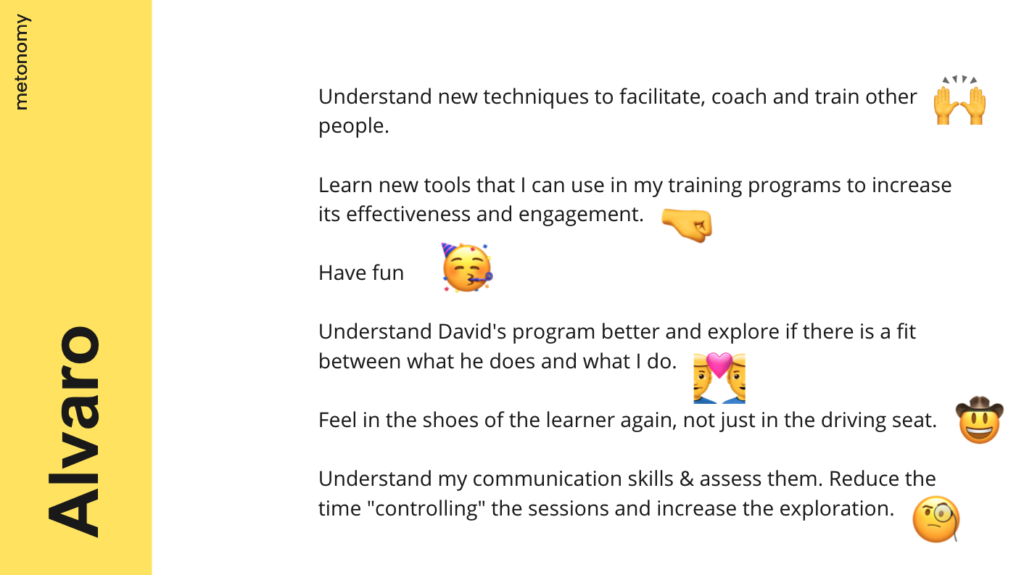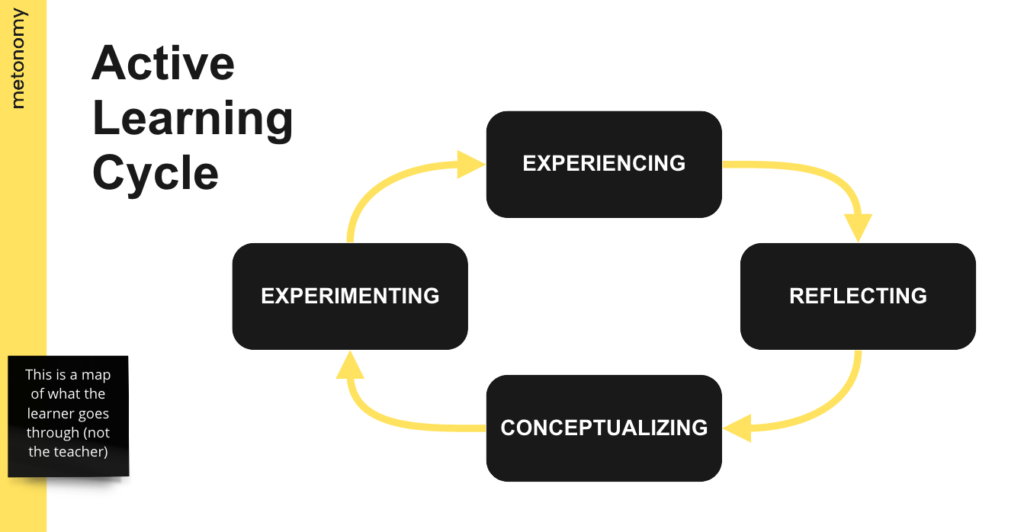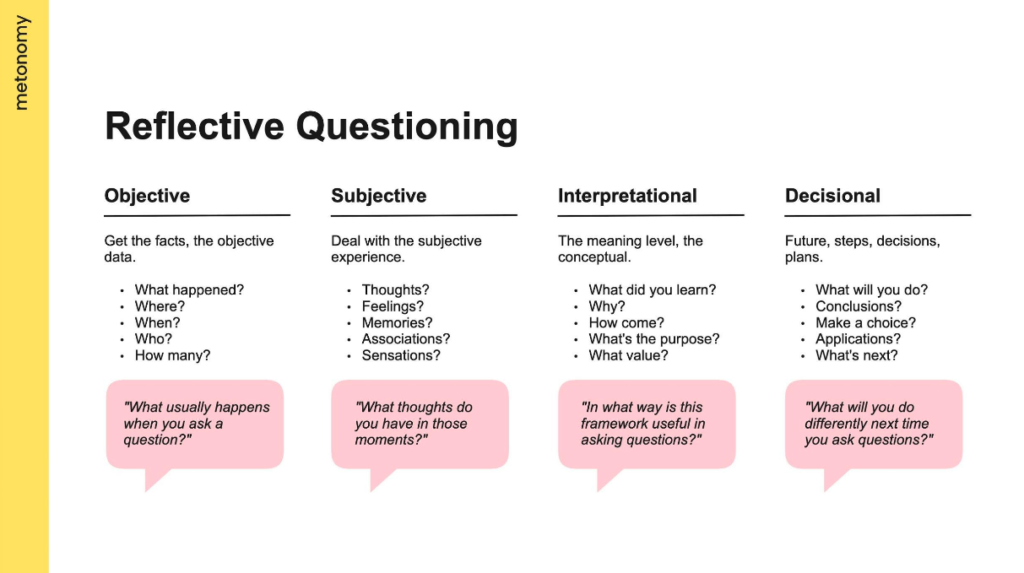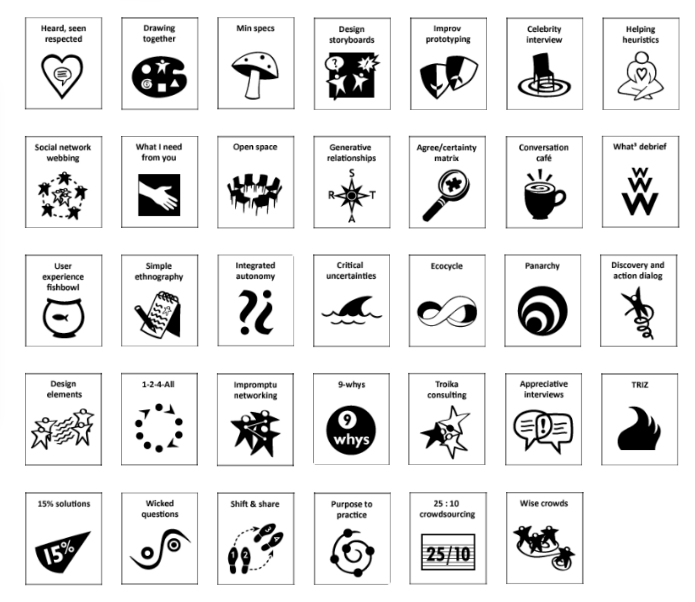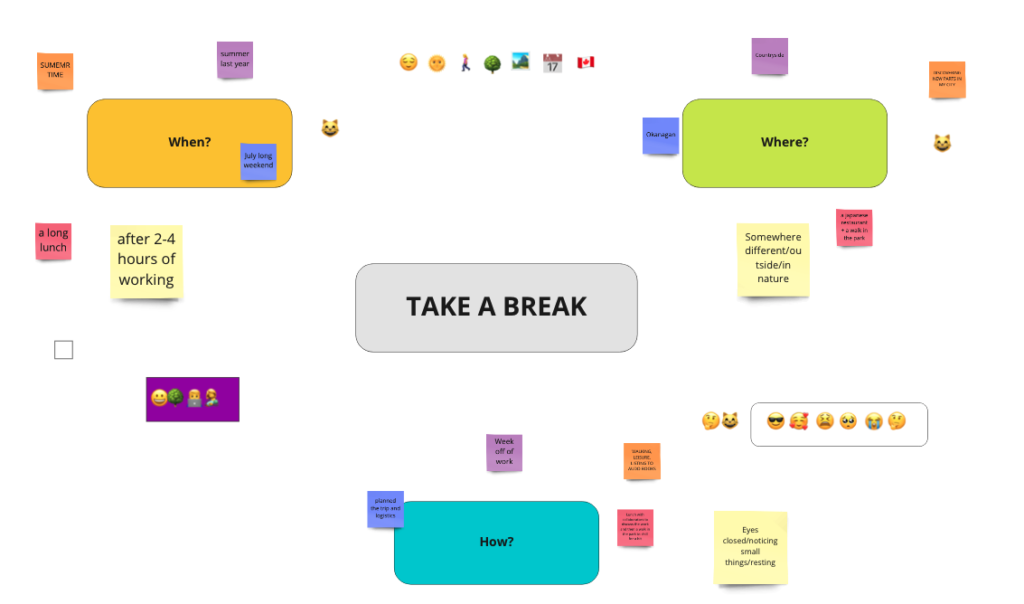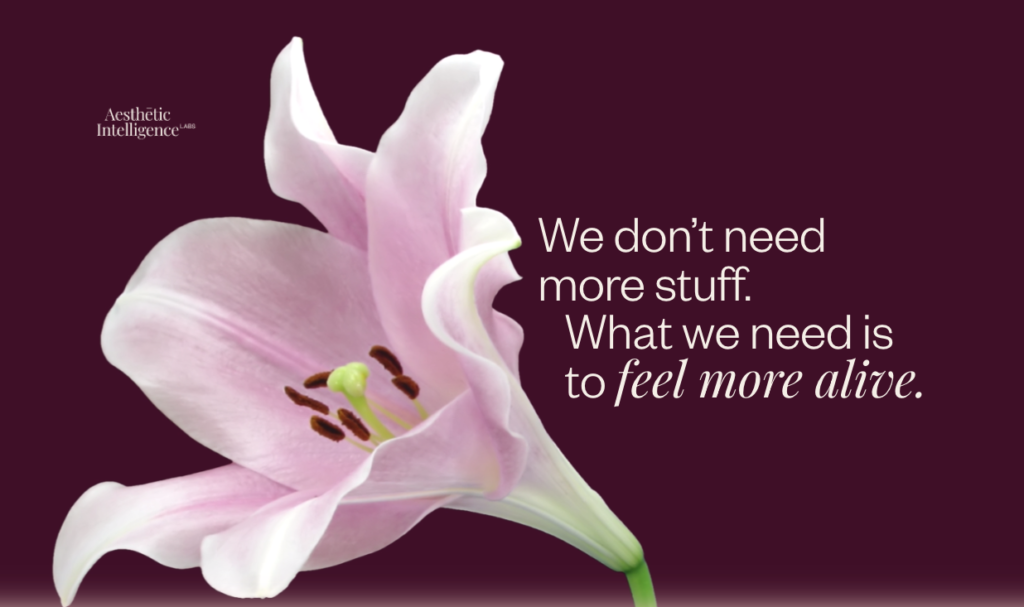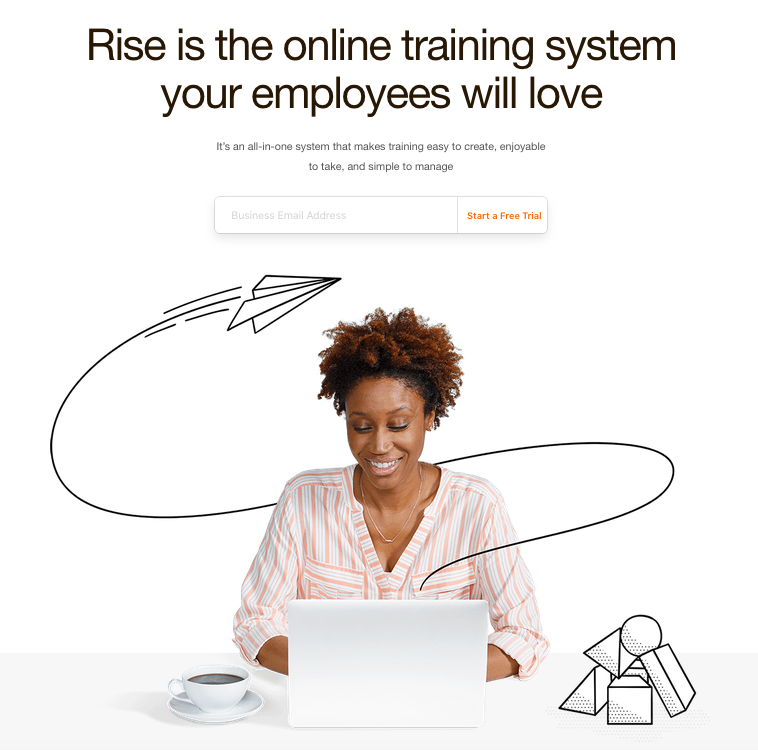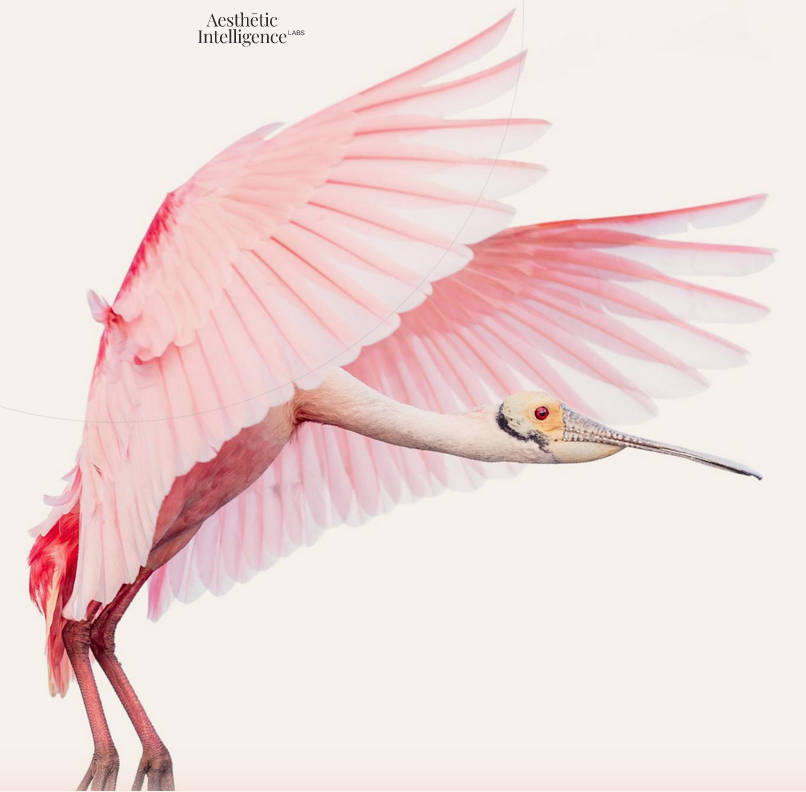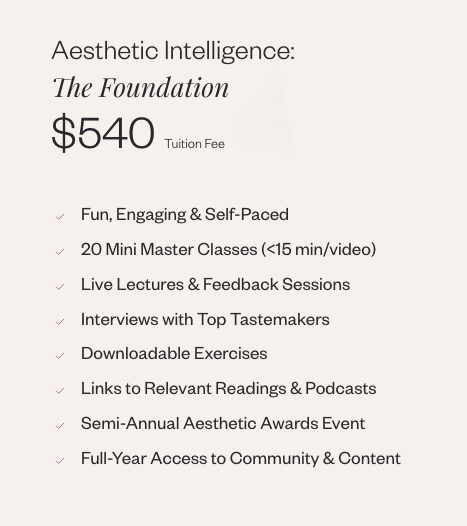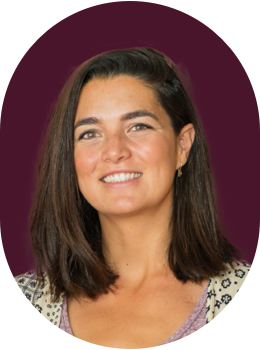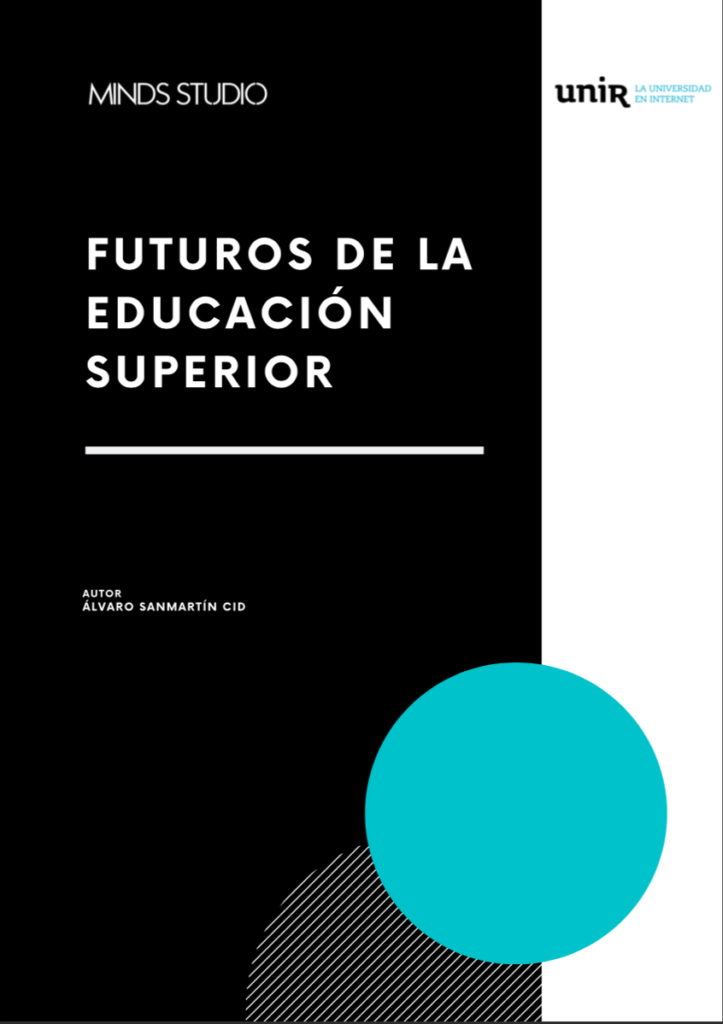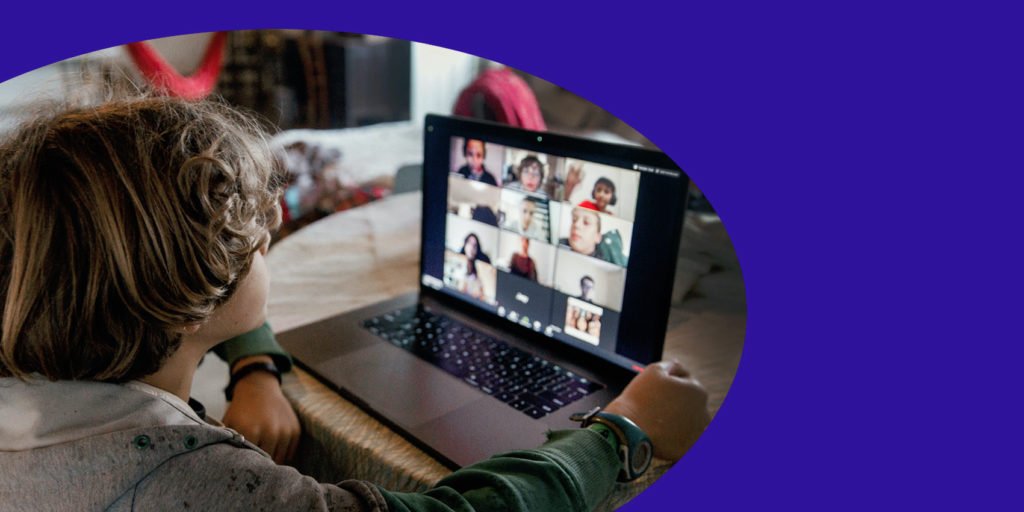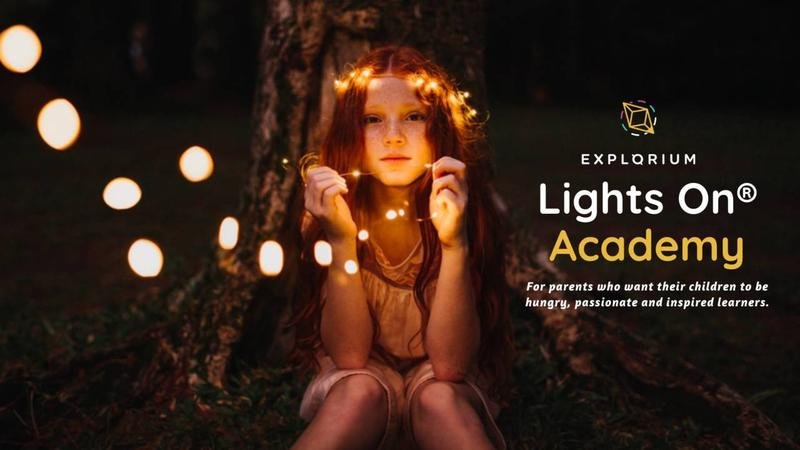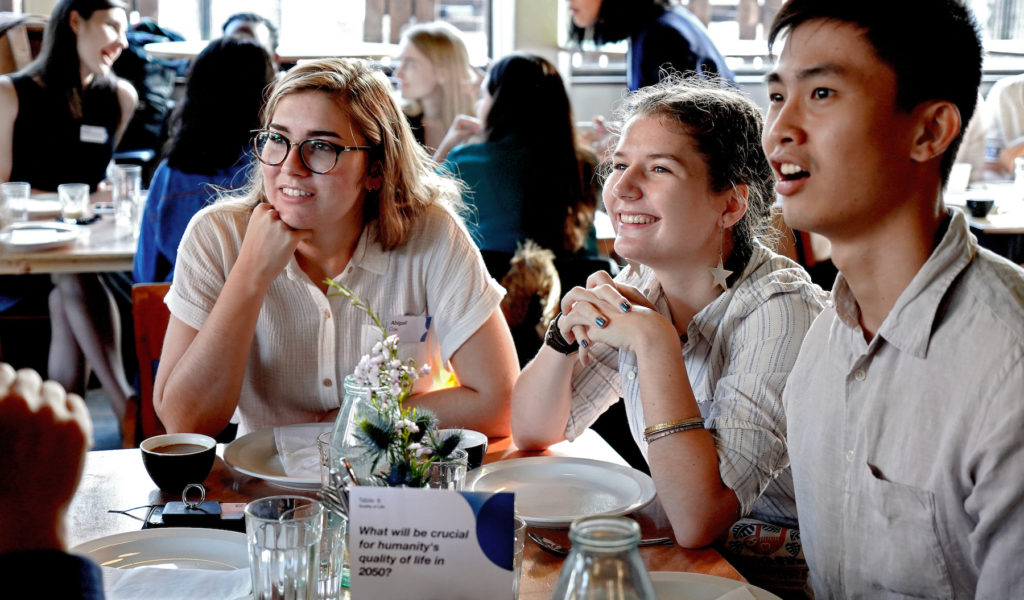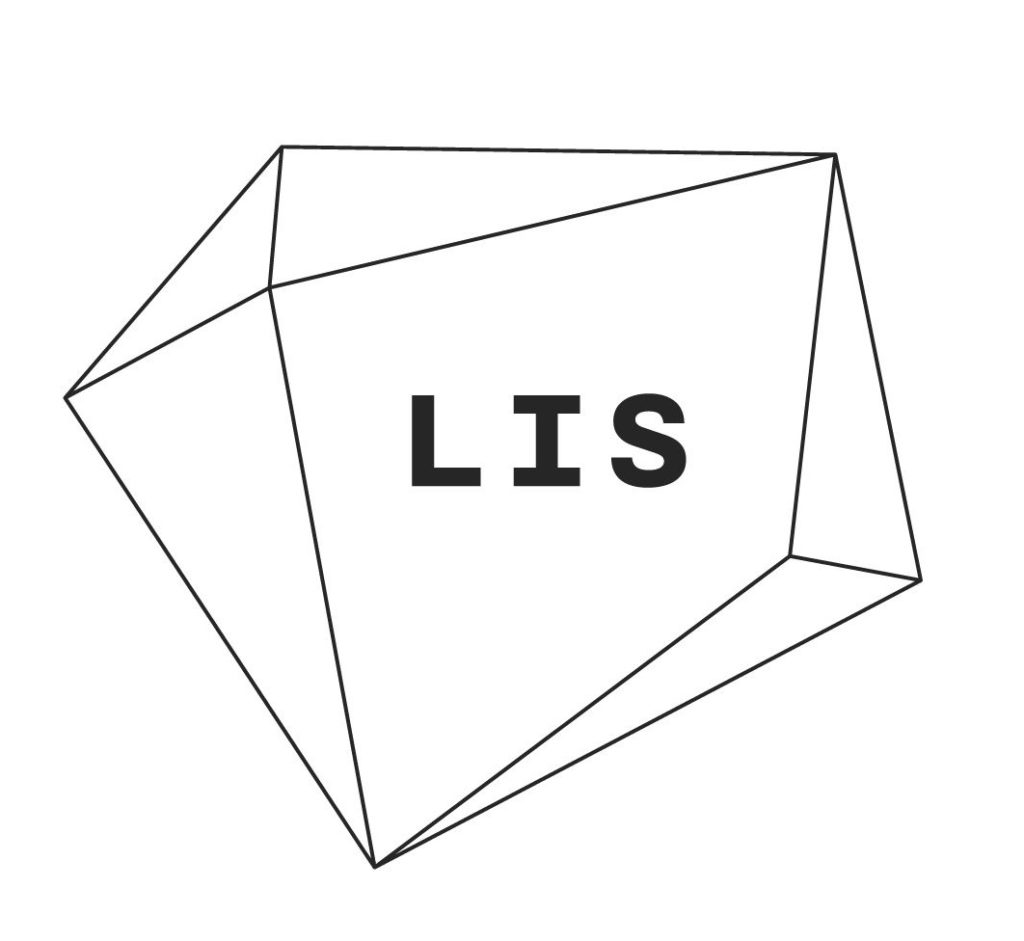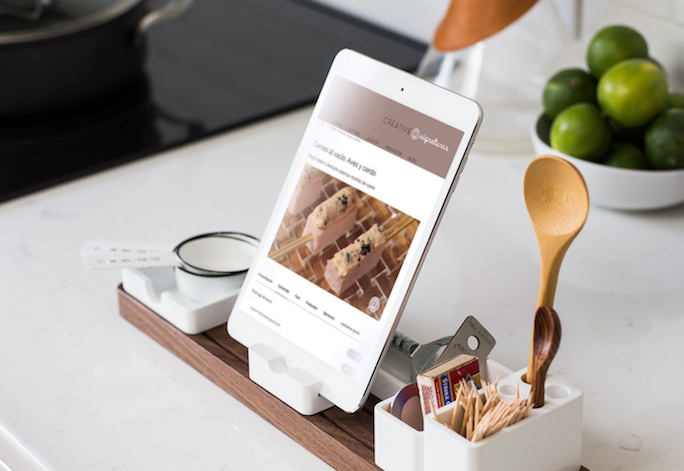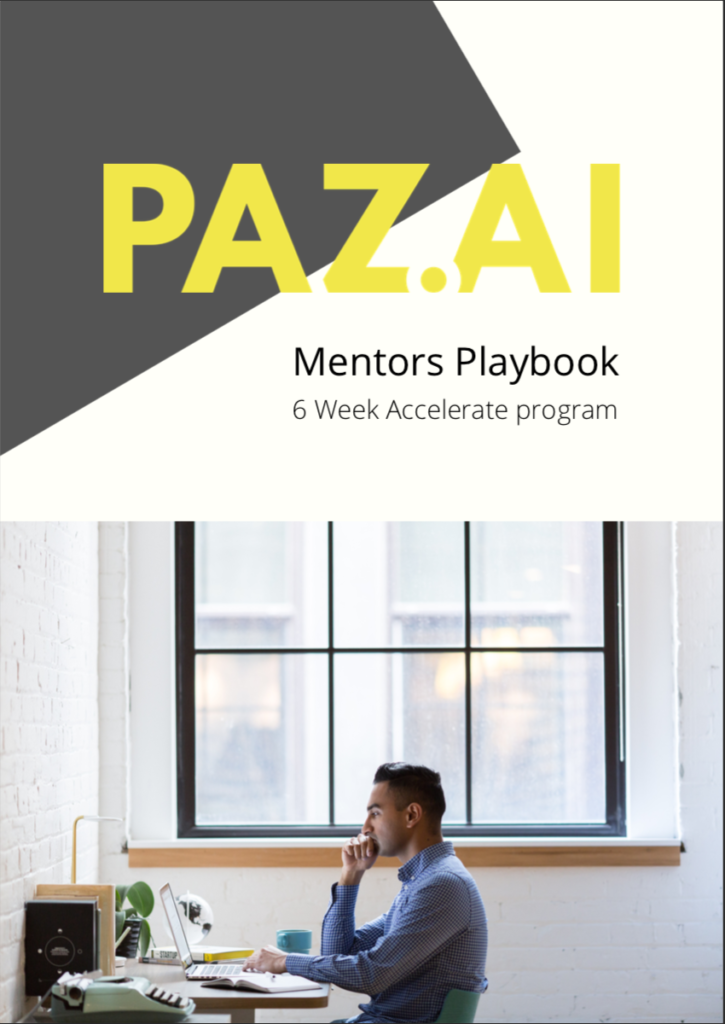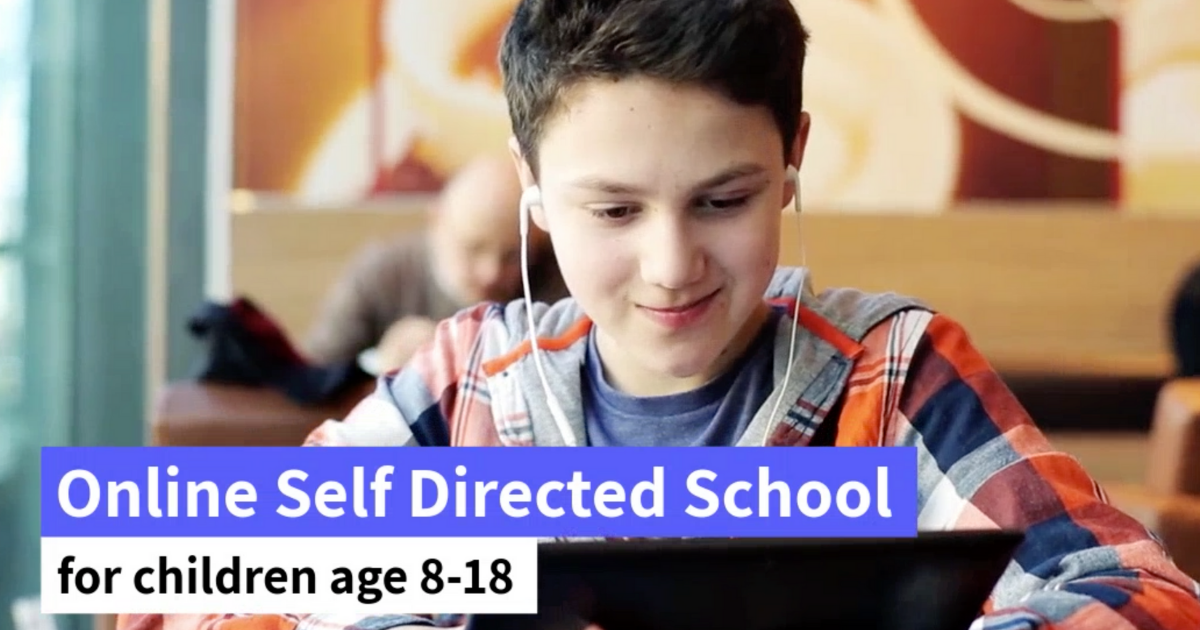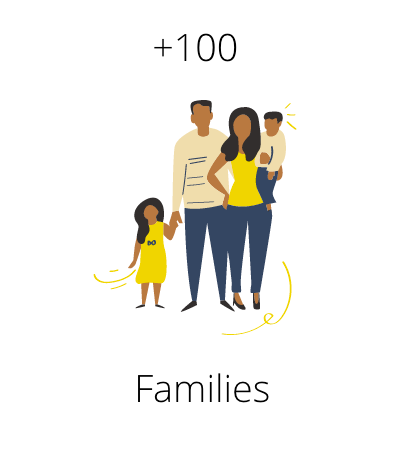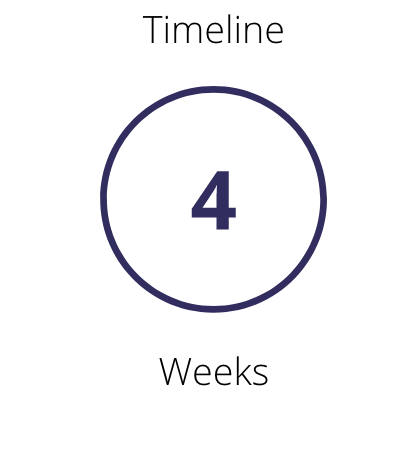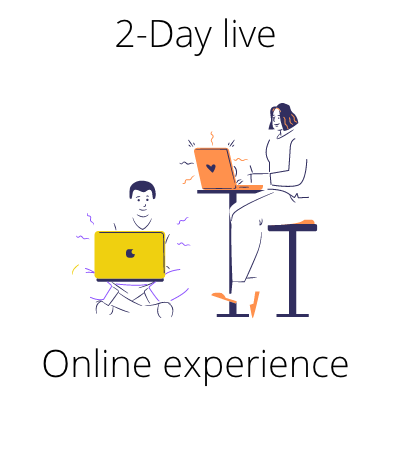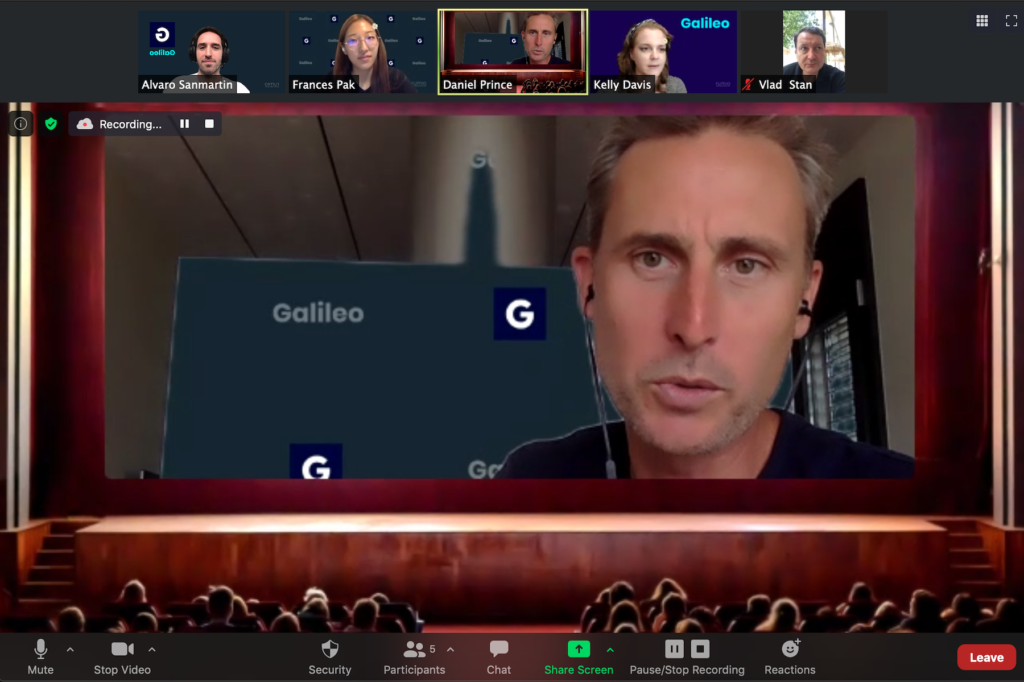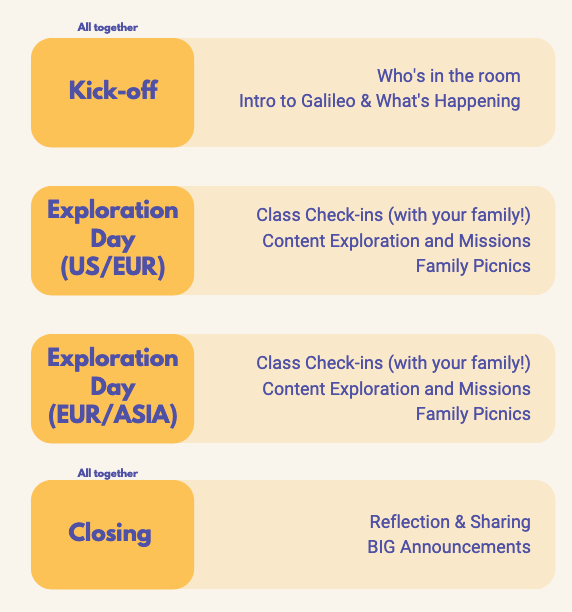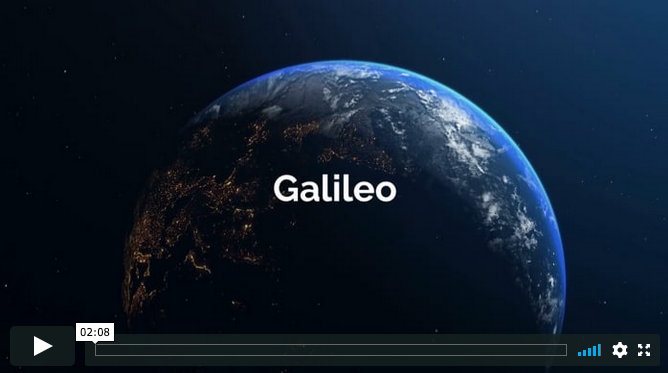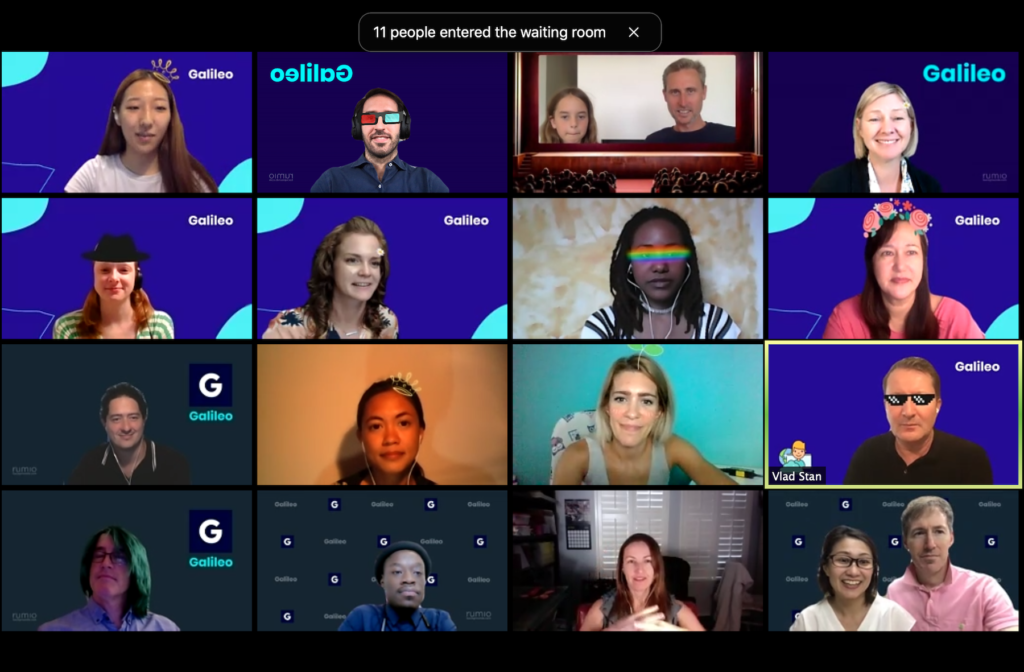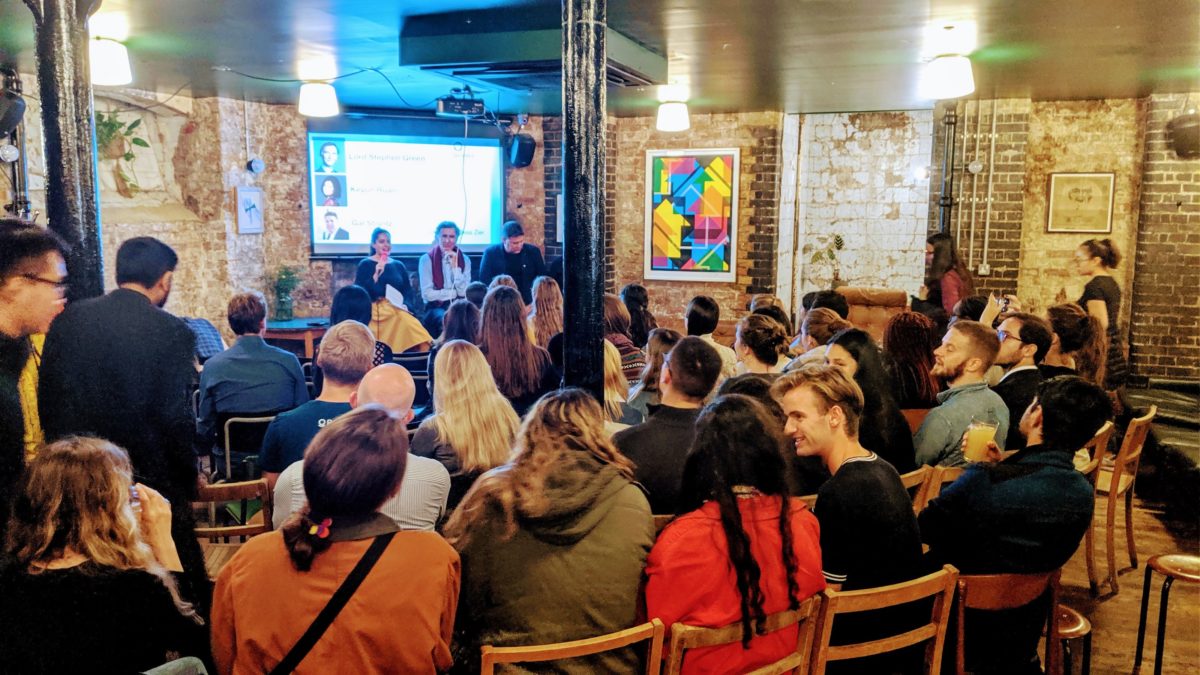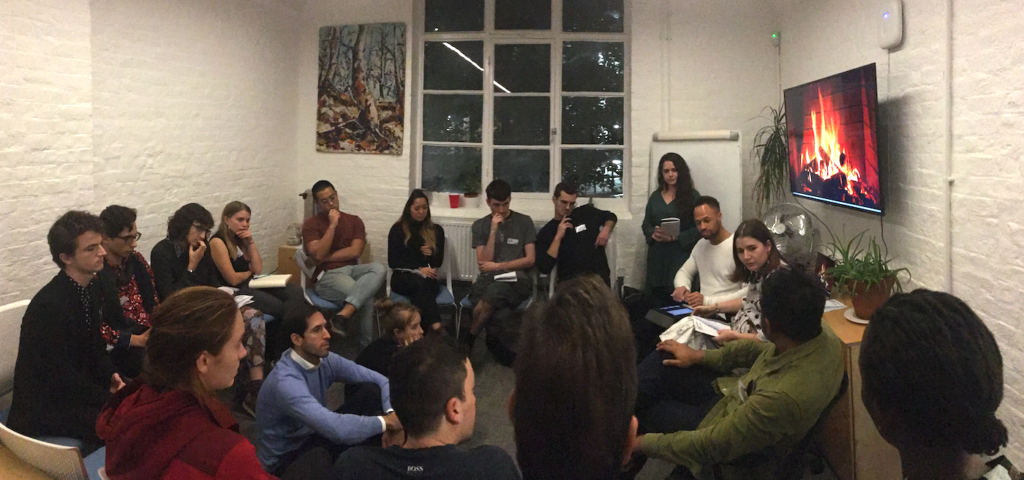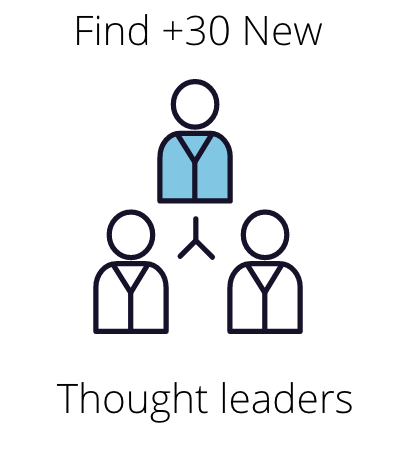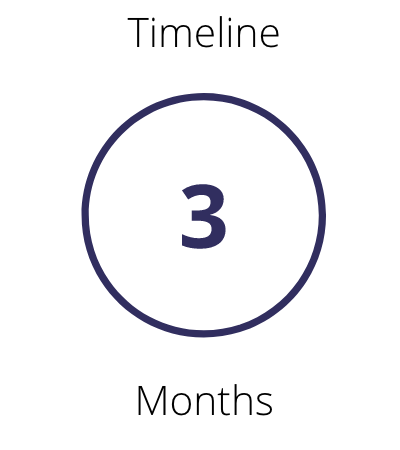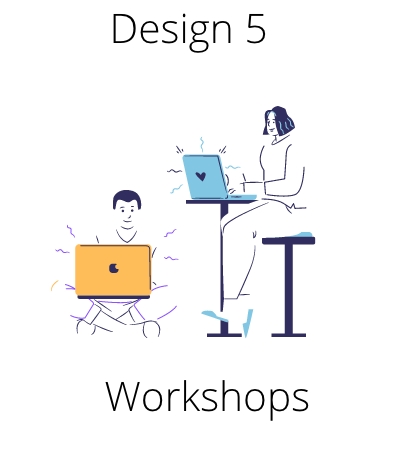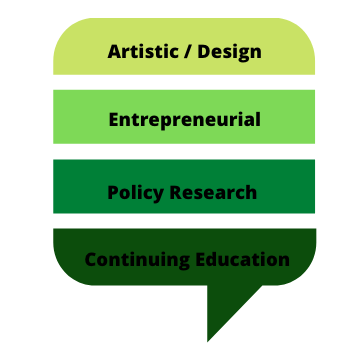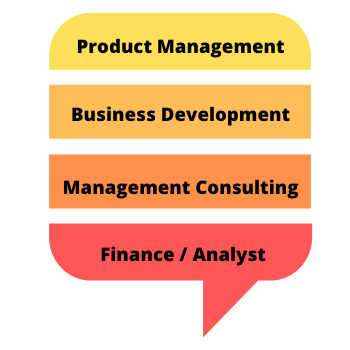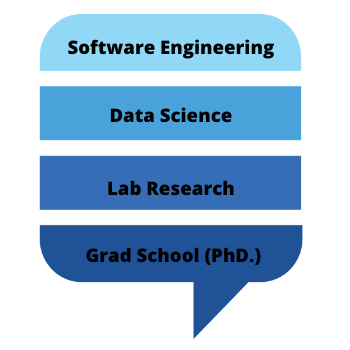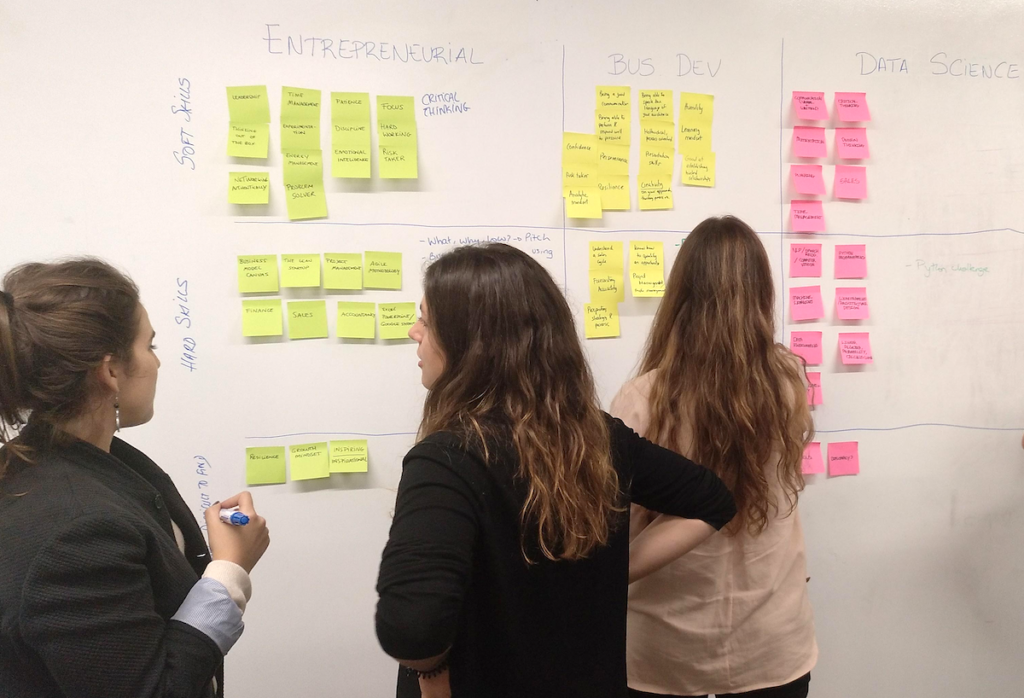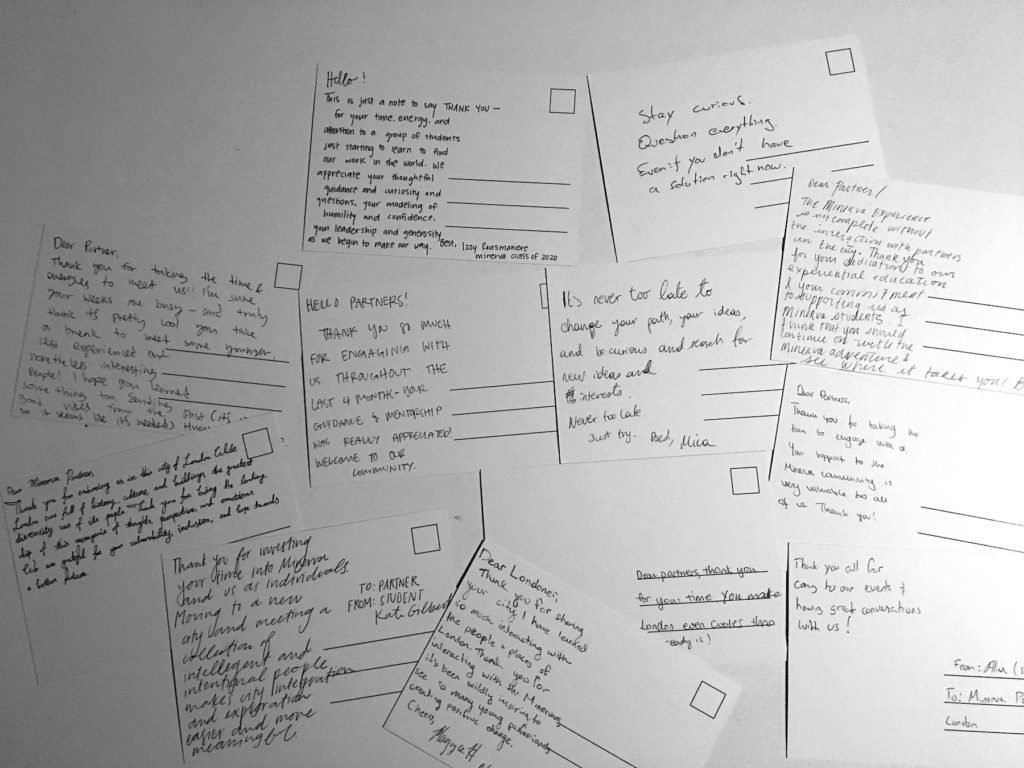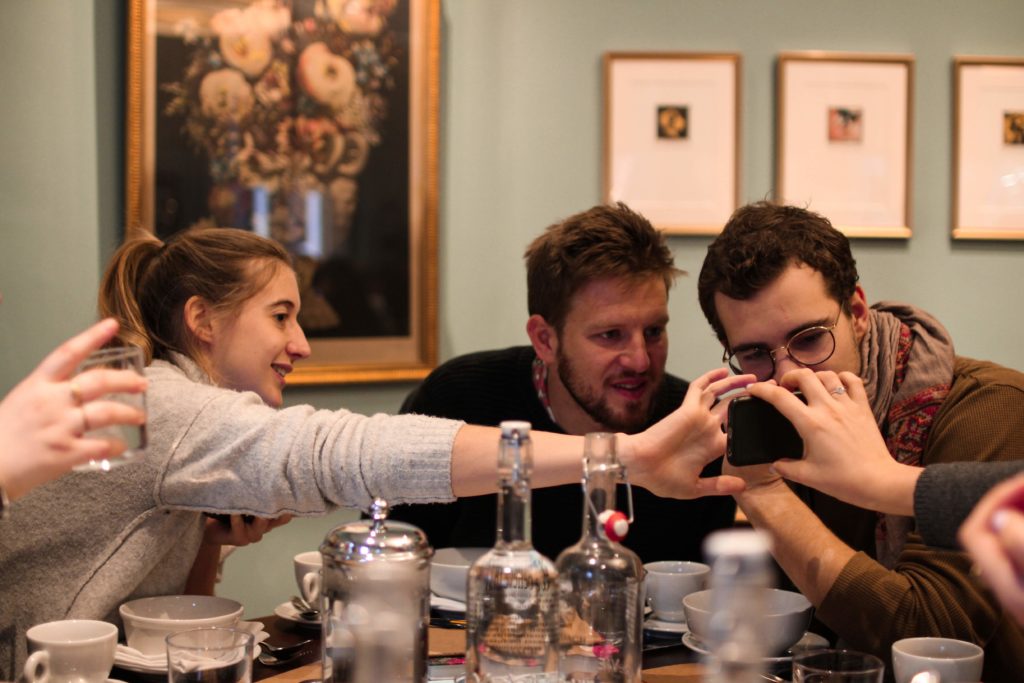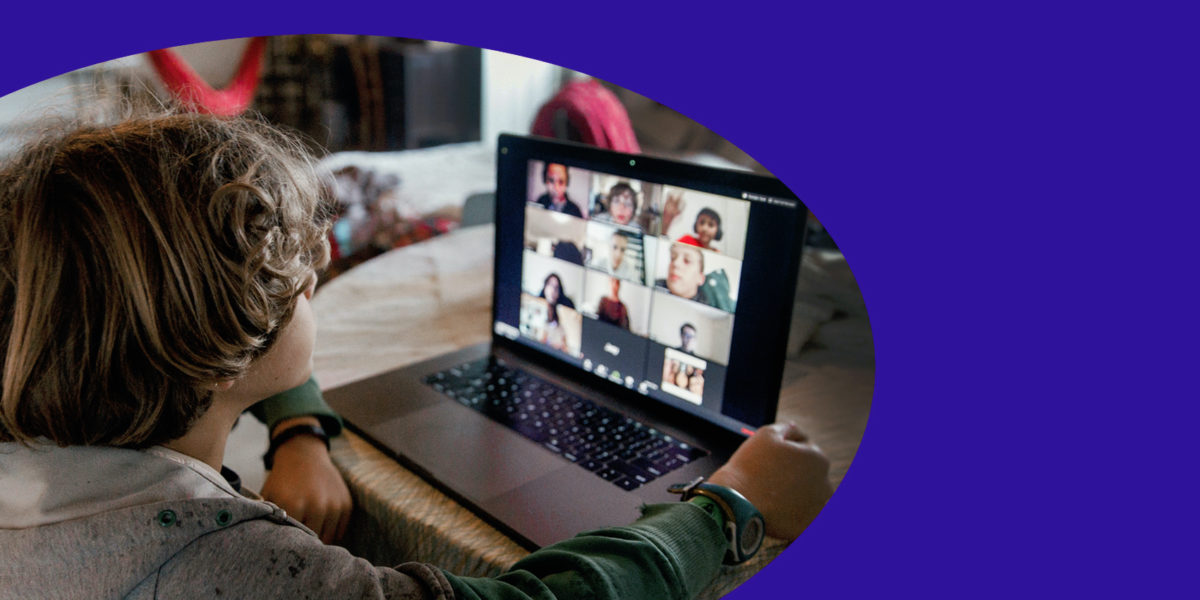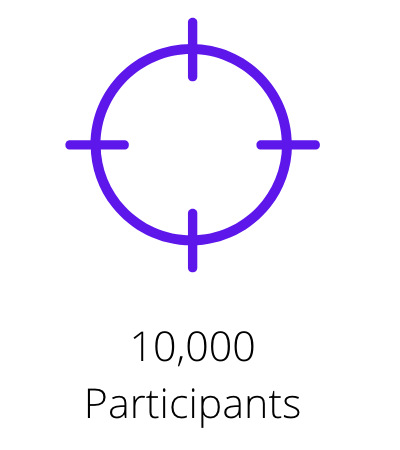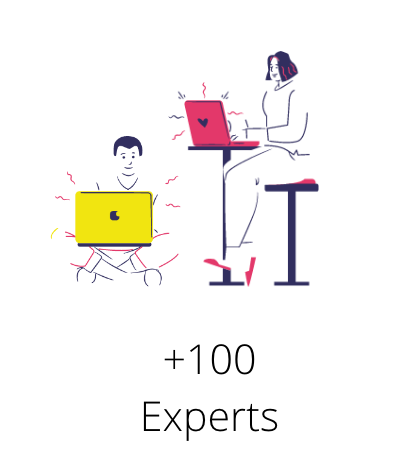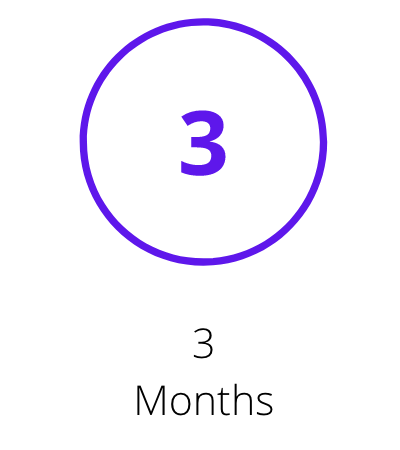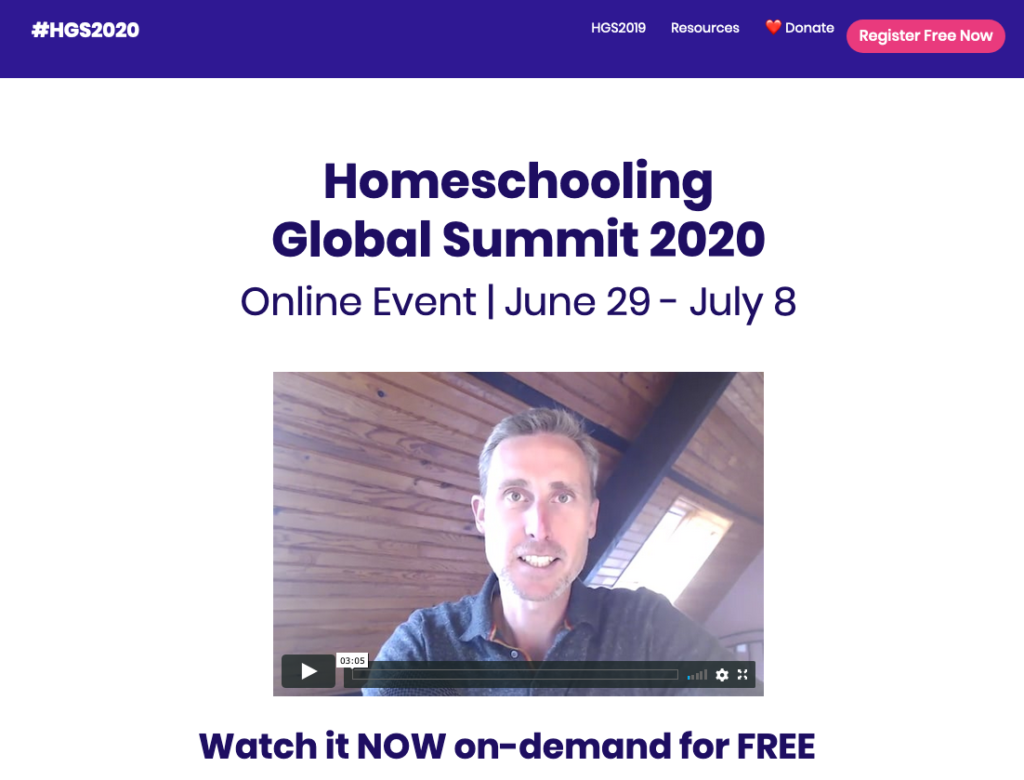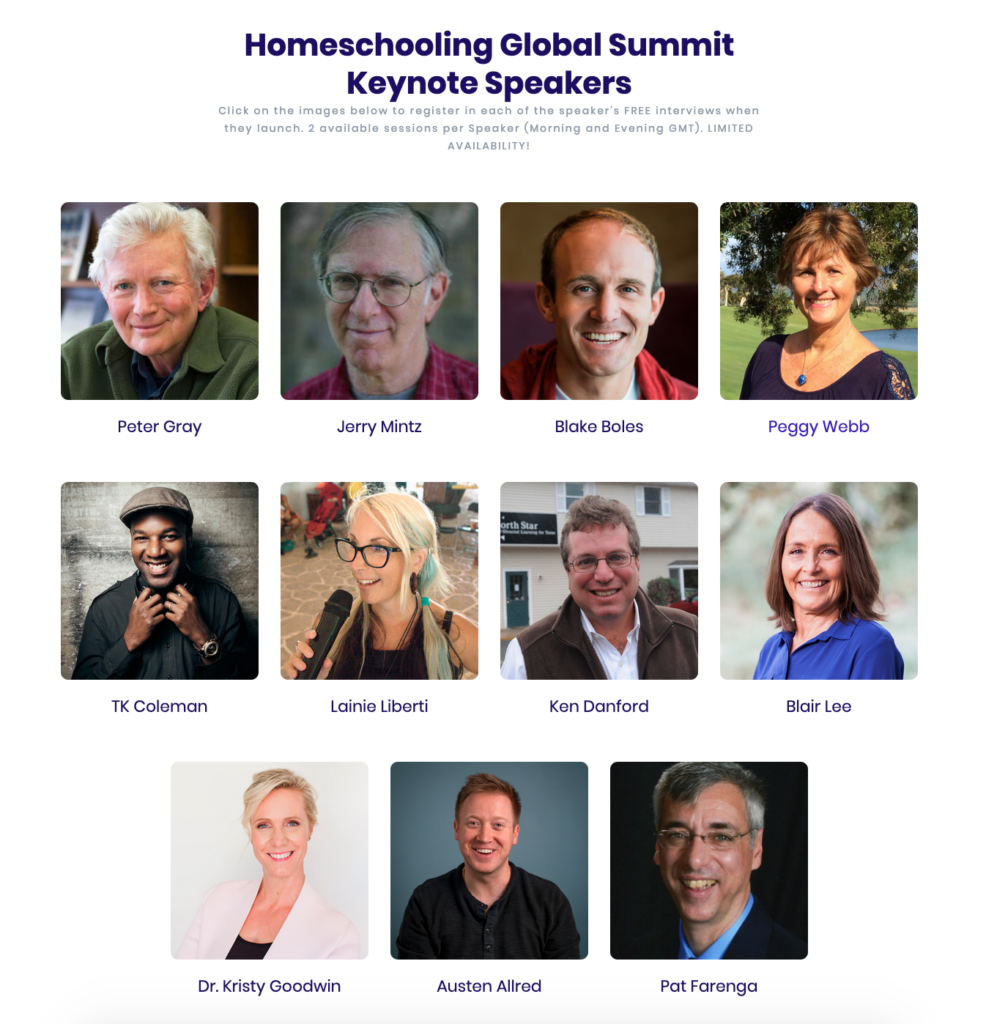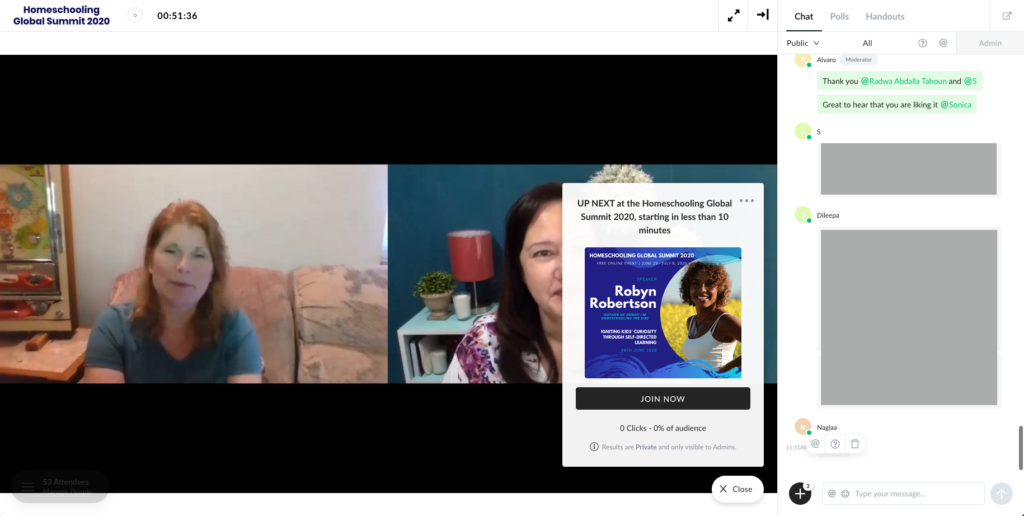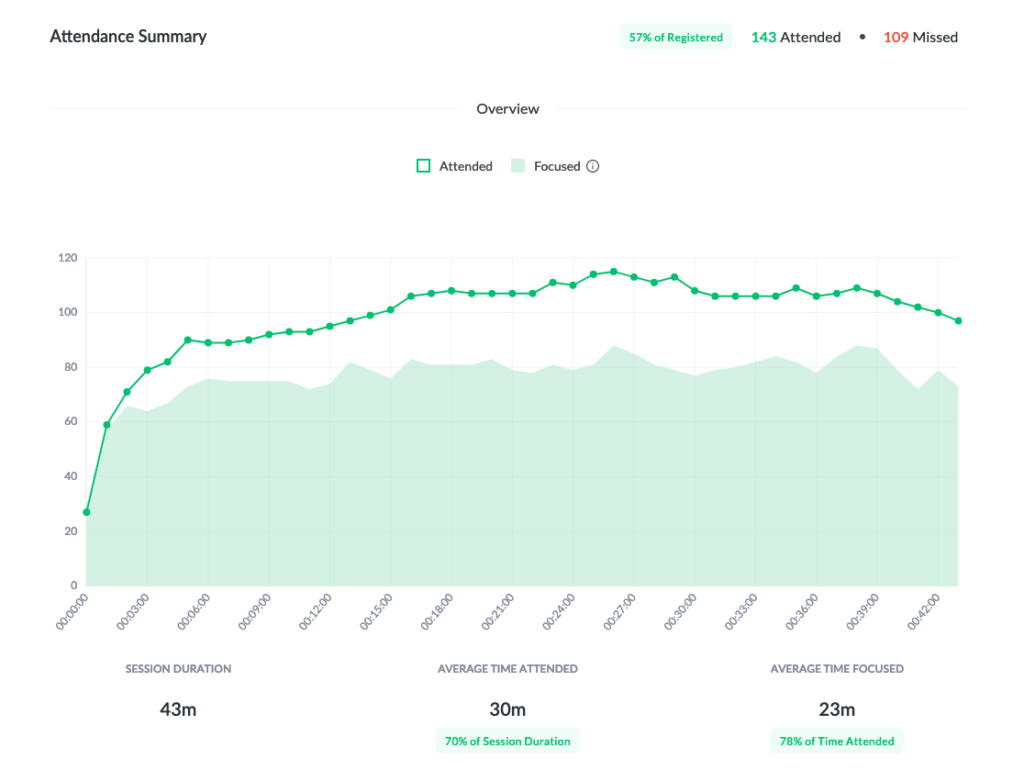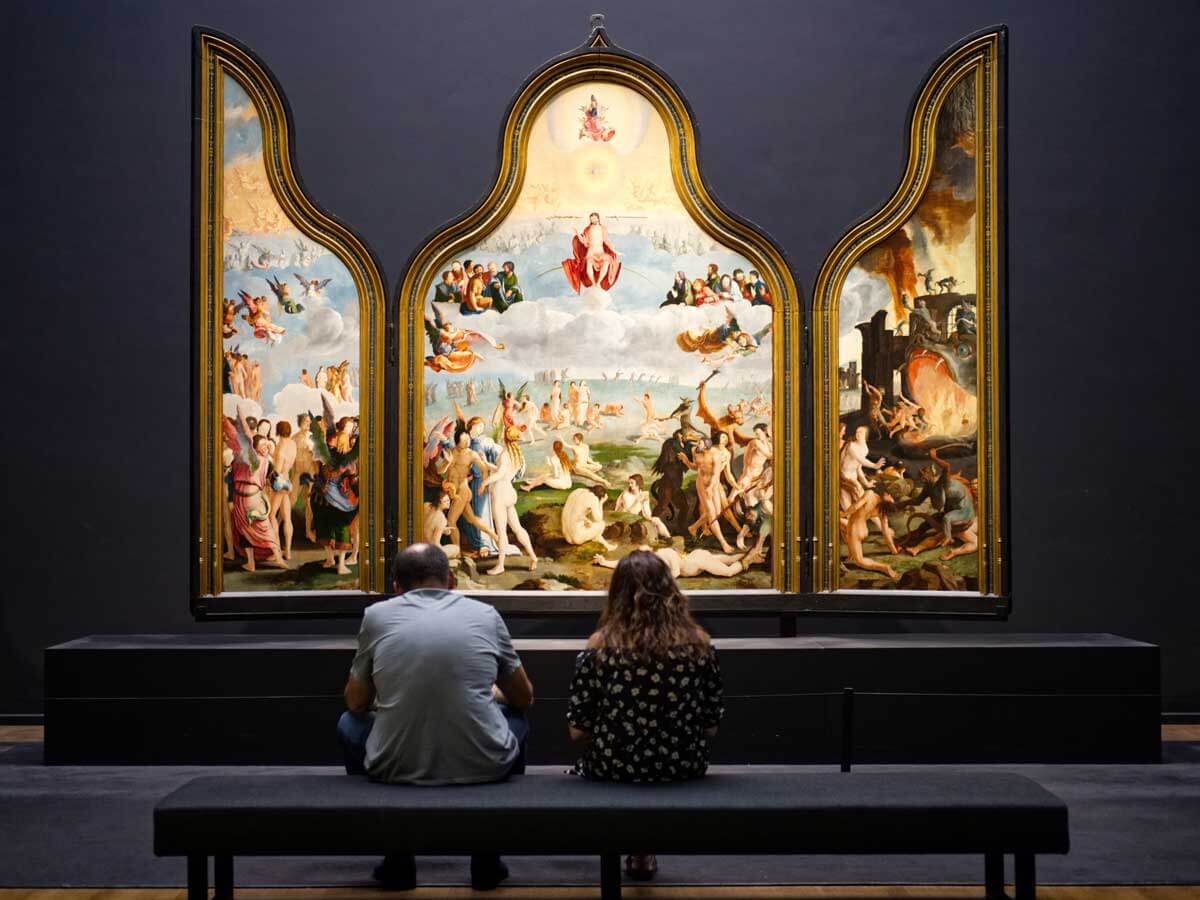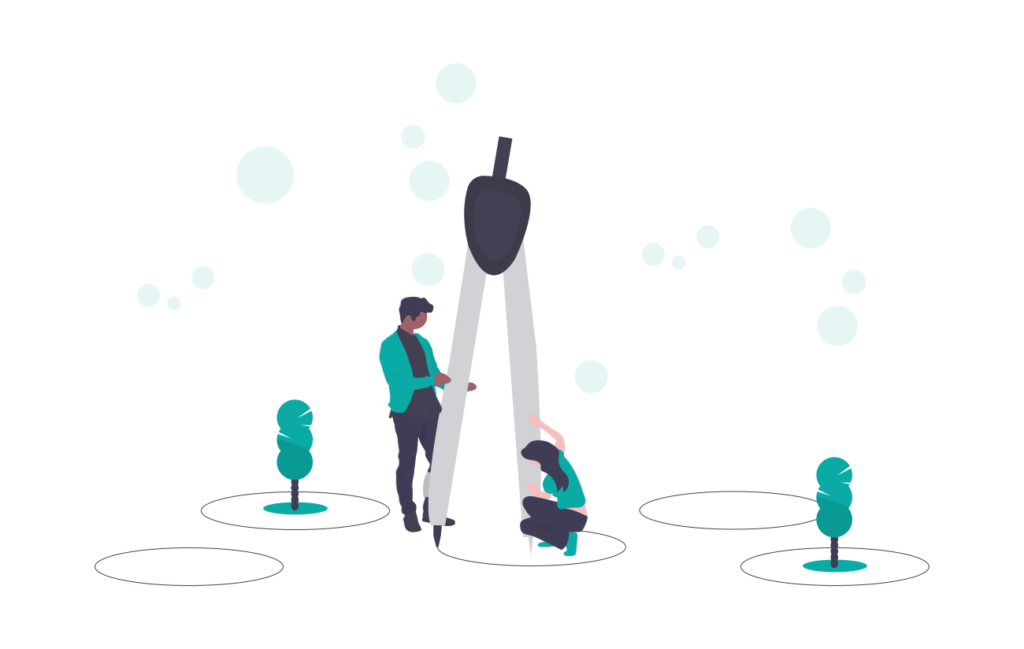
There are very few people in the world who have had the privilege of witnessing radical changes in the lives of other people thanks to the combination of education and technology at scale. I have been very lucky to be one of them.
The study, experimentation and data analysis that I went through during the last ten years has allowed me to witness hundreds of transformations which had previously seemed impossible. Learning and helping others to learn has been, is, and will be the main focus of my life.
The goal of this article is to share examples of good educational practices that I have had the opportunity to witness. On some occasions I was incredibly privileged to able to participate in their design, in collaboration with some of the most advanced and innovative institutions that exist today.
However, before we dig into it, please let me start this story by giving you some context about my personal story.
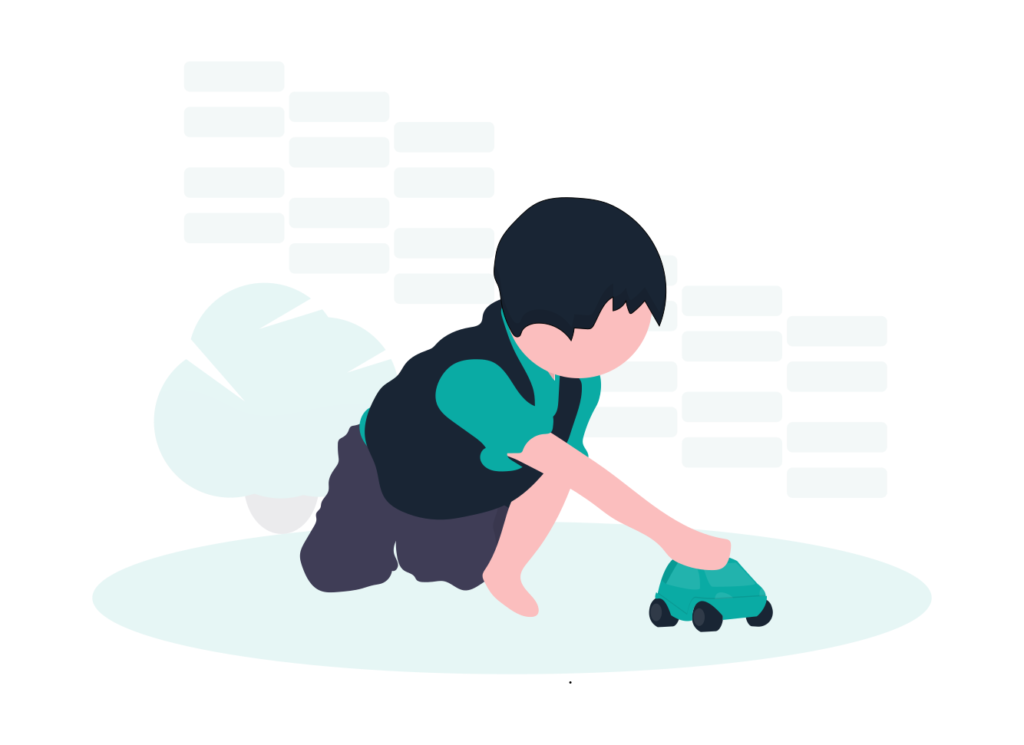
My Education.
Ever since I was little my dad had to force me into going to school every morning. I think this was representative of how much the idea of school motivated me.
Despite having been through almost all levels of the European Education System, there has always been something about the school experience that I did not fully agree with. Like many passions in life, when they are involuntary and enforced by a third party in a standardised manner, they usually turn into suffering. Even the things that we love the most.
The American psychologist Dr. Peter Gray, author of numerous clinical trials and studies1 of learning in children, said: “We are so blinded by the idea that children must be forced to learn that we cannot imagine the possibility of children learning much more if we did not force them”.
After the classic “study to the test” school experience, I decided to enroll a the Electrical Engineering at the Polytechnical University of Madrid. Around that time this “degree” was known for only being accessible to bright students, who typically ended up at investment banks, in technology or at strategy consultancies. It was a combination of “dare at the reach of few” and the supposed high chances of being “socially valuable” that made me choose this path.
Following the mentality of “performing” I embarked on a five year journey in one of the most academically demanding engineering schools in the country. Despite not having much free time, I spent most of the little I did have on two things:
1. Teaching maths and physics to younger students
2. Learning to speak English, which enabled me to go to two of the places that radically changed my life: The University of California at Berkeley, and Harvard University in Boston.
In the classroom I was just another student, listening to an unending stream of information from teachers that, in general, repeated the same Fourier Transformations or Maxwell’s equations year after year, exam after exam.
When I taught, however, I relished the freedom to experiment. We proved Hooke’s law with weights and springs, and tested Archimedes’ principle in the kitchen. We observed the Doppler effect with two drops of water in the sink, exploring everything together, rather than being teacher and students. It was creative, fun, and in many cases, unforgettable for everyone involved. If it had not been for those students and the hundreds of hours of work in scientific-based experiments I would have never been able to become an engineer.
It was only once I finished my university education that I really became a learning machine. Having regained my independence, I rigorously studied everything I could find about the human learning process – from the most fundamental aspects (biology, physics, chemistry, and its emotional components) to the more external aspects (social factors, learning environment and accessibility).
I am not, however, a theorist in the matter. Since 2009 I have been part of the foundational process of multiple companies and organisations whose goal was to better the lives of people by helping them learn effectively. Some projects have been designed for adults, others for children and teenagers, but always in a variety of social circles of people from different backgrounds. Sometimes, it was the design of learning programmes for high earning technology companies in Silicon Valley, and others they were for refugee camps in Greece. I have treated them all with the same dedication and respect that they deserve – because the magic of a good education is that it can change lives, even in the most inhospitable places on earth.
Like any other person who has dedicated over a decade to the study and experimentation in a certain field I do not want to ignore the bias that my own opinions carry. During these years I have witnessed a lot of unsuccessful experiments. Other times they have been so transformational, that they have changed the learning paradigm I now use in the design of educational solutions across schools, universities and a breadth of companies. I am well aware that some of my conclusions may potentially be refuted by new scientific advances in the matter in the future. Everybody who works in this field is constantly experimenting, looking to be corrected by data -and the market- when we are wrong.
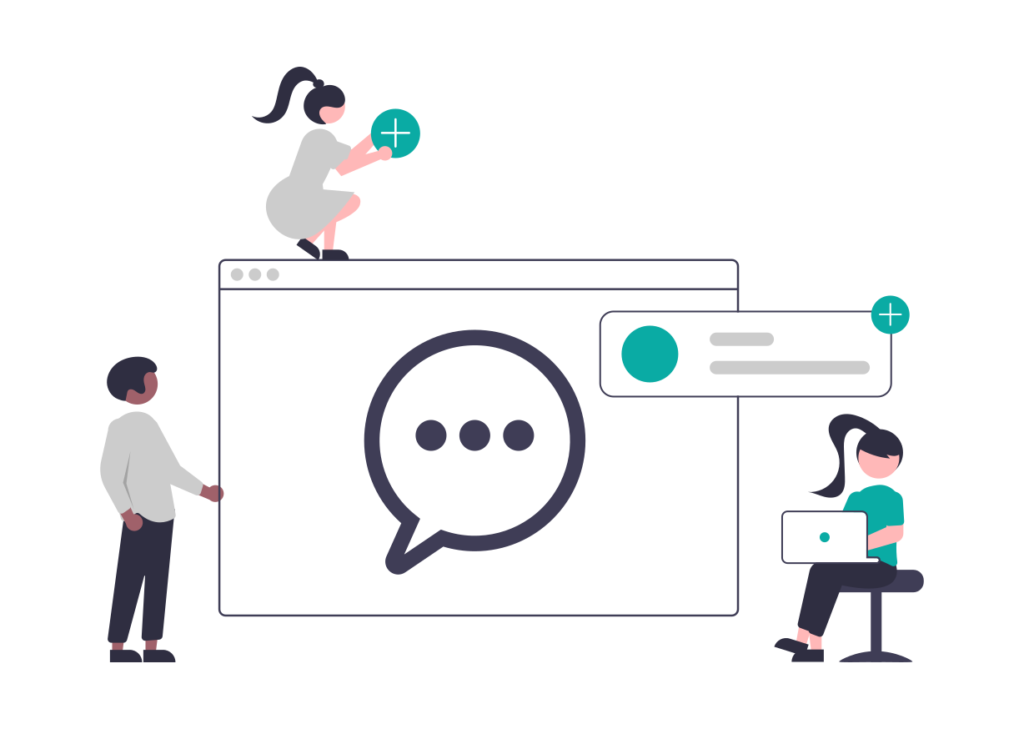
Towards a new way of learning
I would recommend reading in depth “The New Education: How to Revolutionize the University to Prepare Students for a World In Flux”2 by Cathy N. Davidson. In her book, Davidson provides a fantastic description of the evolution that the education system has undergone since Taylorism of the 20th century, to the world in the 21st century.
In sync with Cathy’s theory, I believe we are in a time of change of the productive paradigm from Taylorism to something else:
In Taylorism, the productive model that leads education is industrial and specialised. Teaching is used to standardise processes and generate efficiency in industrial production. For this purpose, it is necessary to train individuals in a disciplinary manner (lawyers, engineers, architects…) as engaged pieces of a larger machine. Individuals must, therefore, be specialised and replaceable, so that if one fails another “specialist” can step in and the system can continue working.
We can observe this legacy system in the majority of schools and universities all over the world. We are still training students in abilities that are evaluated by a test that determines their aptitude to receive a certificate or degree at the end.
On the other hand, in the tech-enabled world that we are working towards, the majority of functions that can be done as a standardised chain will be done by information technology. In this context, the individual stops being a piece in a machine, and becomes a unique part in an active network (similar to a neural structure). For this reason, instead of memorising, students participating in this new way of learning are taught to extract conclusions, integrate disciplines that allow them to make complex decisions helping to adapt interconnected systems to any unexpected changes.
New institutions recently created are building programs towards a completely different education system, although they are still a work in progress. Many of these new schools have less than a decade of trajectory, and their efficiency will only be evaluated with time. It is promising, however, to see that innovative schools like Minerva University in the US, LIS in The UK, or Tomorrow University in Germany receiving official awarding powers in the last couple years.
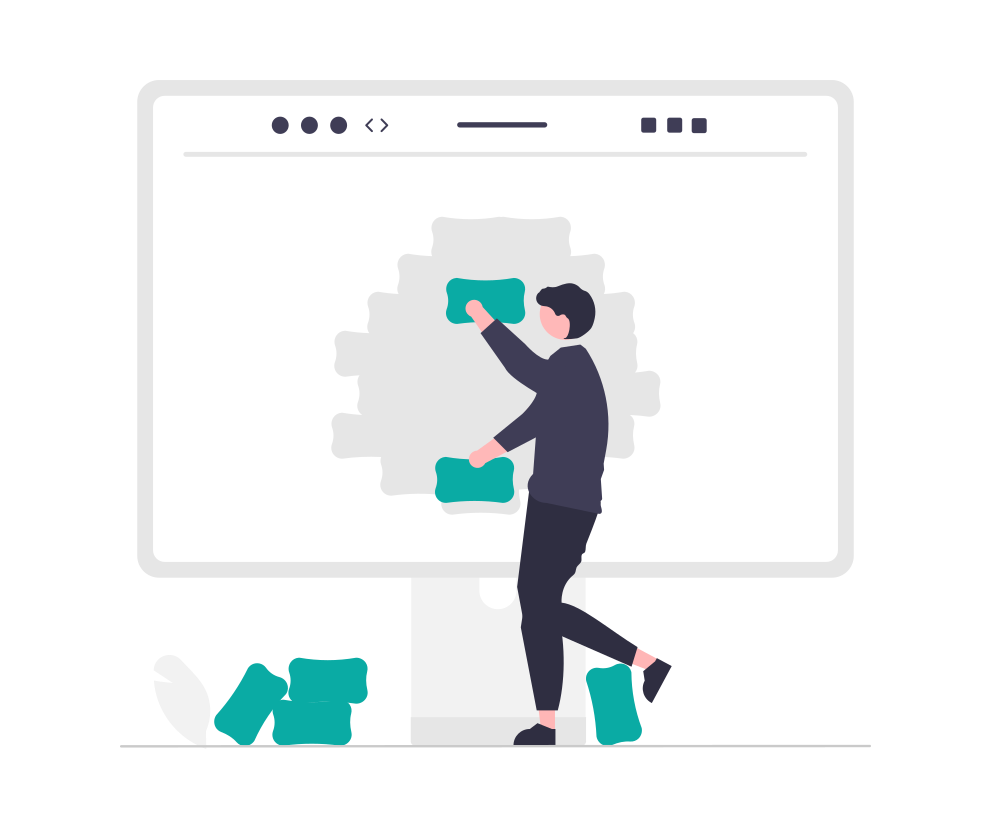
The principles
Under the Taylorist educational paradigm, the individuals’ objective is to reach the peak of knowledge through the construction of increasingly specialised degrees. However, in the new way of learning this objective transforms. The individual is more valuable to society if her connections in the network are active and strong in a relevant group or network. By “relevant”, I refer to a group of people, areas of knowledge or professional experience relevant to today’s society.
Please think about this fictitius example: who would you hire to develop your company’s Machine Learning/AI transformation?:
a) an engineer who graduated cum-laude and specialised in an academic institution without a relevant professional network
b) an engineer without an academic title who has worked 5 years with Tesla, been publicly recommended by Elon Musk and has had experience working with the team that developed navigation systems that the company will use in the future
While the market of advanced education in the world is increasing3, the students at institutions of advanced education in the USA have been decreasing around 7-8% over the period 2020 to 2022. The arrival of alternatives, and the lack of efficiency of traditional degrees, encourages students to try other routes.
In 2020, Minerva University, an institution that had not yet been fully accredited in the United States (later accredited in 2022) received over 25 000 applications, and admitted only 2% (a lower percentage than Ivy League universities). This is an institution without a campus, where the classes take place online through a tool called “Forum”. In 2022, the London Interdisciplinary School (LIS) opened its doors, and became the first interdisciplinary programme of problems and methods to receive recognition by the English regulator since the 1960s. Both institutions’ admissions were not based on the students’ academic records, but on their background, circumstances and talent4.
At Minds Studio I have had the pleasure of working with both universities (Minerva and LIS) in the design of a small part of their new programmes. Looking back across the last 10 years, considering the design of these and other various projects of this new way of Learning, I have put into practice two key principles:
- Students should develop transferable skills. These abilities should allow them to resolve problems or complex situations that they have never seen before, independently of the moment in time in which they are tested (eliminating the “study to the test” mentality).
- The learning experience should bring a substantial change in the students’ social environment, generating a community of people that they can turn to during any part of this process.
This new way of learning (and teaching) requires significant effort in redesign, and should be careful not to fall foul to the mistake of simply giving the old system a makeover. Educational institutions resistant to adapt to change will soon become irrelevant, as the latest figures of student enrollment show5.
However, just because the principles of construction are changing it does not mean that existing institutions lack them. They are, simply, different from the earlier ones.
Let me use another example to illustrate this concept, using a physical analogy. Gravity, physics and architectural principles apply the same way to build a small house in the countryside, than to build a cathedral in the heart of a city. When we talk about the architecture of learning, the same thing occurs. If the foundation is solid, the result will make everyone who passes by it feeling good, and what is being built will stay strong and useful for many years.
Unfortunately, the previous education paradigm is filled with “prefabricated programs”, and our students are looking for something much much better.
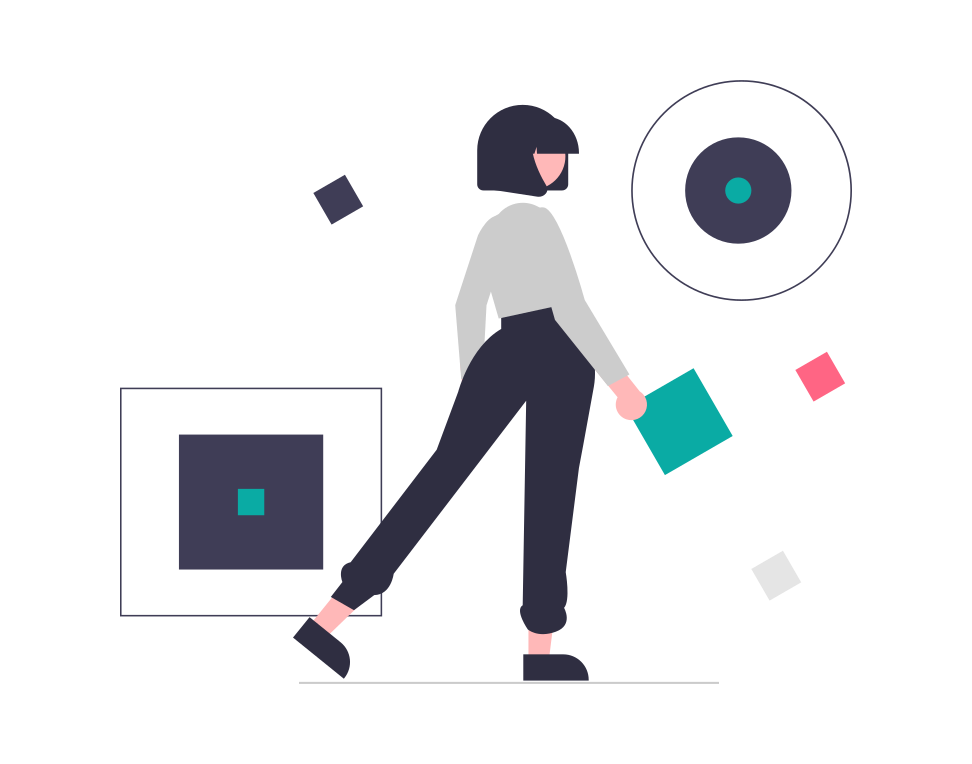
Materials to build a new way of learning
Following the example given earlier, and without wanting to excuse the lack of reflection and principles in many educational programmes, in some way this lack of technique is not unusual.
Historically, humans started building their homes with sticks, stones and everything in their reach. With time, advances in technology and science created a new field of specialised knowledge that allows us to build bridges and skyscrapers in diverse environments. I want to believe that we find ourselves in a prehistoric time when it comes to learning science. We should look to add our grain of sand in building this necessary evolution.
What are those materials that are being used to build this new way of learning then? Let me review some of those I am aware of so far:
1. Learning is an emotional activity. Therefore, its design needs to manage emotions and participation should be optional
Neuroscience has proven that the connections between neurons produced in the brain are stronger and longer lasting when there are emotions (positive or negative) involved in the creation of a new memory or fact6. It has been sufficiently proven that the prefrontal region of the brain plays a key role in decision making and short term memory. However it is the limbic system, the primary region of the brain controlling our emotions, that is associated with long term memory. This is where we want our students to store the skills and knowledge we are teaching them.
Therefore to achieve solid learning we must think about which emotions we want to provoke in the student from the primary emotions (surprise, sadness, fear, anger, happiness or disgust). Traditionally, fear (“the final exam” “the grades”), has been the leading factor on this learning journey.
However, when we make this experience optional, past experience has shown us that it is possible to reach a state that allows the student to “flow”7, transforming learning into something enjoyable. It can also cement itself into our memory through surprise, happiness and other secondary emotions like pleasure and pride.
When learning is a voluntary activity, the students are much more receptive to creating new connections in their brain than if they were forced to learn by memory. This is due to the fact that most students that are forced to go to class disconnect their limbic system and limit themselves to being present but not receptive.
2. Learning goals should be designed based on the science of learning and not to “go through content” or prepare an exam.
The following example was extracted from Dr. David Kohler’s Skills for Trainers course8. If we wanted a group of students to be able to start a fire in the case that they might need this knowledge at an emergency, we would have a few ways to do it:
Under the paradigm of individual learning, we would create a curriculum that could explain step by step the different phases that are necessary to create a fire with rocks, sticks and other materials. To finish we would prepare an individual exam that, once it is over, would give the student the credential that proves they are capable of starting a fire.
However, there are other ways to achieve complete and solid learning. Firstly, establishing a clear objective (“the students will be capable of successfully lighting a fire under adverse circumstances”). Then, defining what successful learning outcomes look like (for example, creating and maintaining a fire for 10 minutes in any weather). And finally, adjusting the difficulty of the assessment to the experience of the student based on the surrounding conditions (students will only have sticks and stones, for example).
With the second approach, the learning experience becomes a collaborative effort. It is likely that some students will master the skill faster than others, but all participants experienced the creation of fire first hand. Students are aware that this ability may need to be used in an unexpected situation, for example, when they get lost in the mountains and they need to keep warm on a rainy day. Not just on the test day.
Now imagine that the process is repeated multiple times during the life of the student with a community of people with whom they create trustworthy relationships. This will achieve, in a natural manner, an improvement in the student’s long term memory and the overall learning experience.
3. Solid learning requires learning how to collaborate with people from different backgrounds who join forces for a project or common goal
If we thought of learning as the construction of a building, we would not expect only one person to be in charge of all of the necessary activities for its construction. In the same manner, to learn a new skill it is necessary to know other meta skills that allow us to interact with people from different backgrounds, disciplines and experiences. This could be applied to building a house or learning something new (playing the piano, singing, etc.).
This is why it is fundamental to look at learning as a social process and not an individual one. We are continually adding experiences and connections throughout time that form a group of disciplines that the students combine in a unique manner. Following the earlier example, an engineer will learn how to play a piano in a very different manner to a writer, but doing it together will make it easier and more effective for both of them.
4. The speed and depth of the lesson should depend on the individuals and their circumstances, and it should not be forced but facilitated in a coherent manner.
In the same way each human body is different to any other, the mind is different as well. If a person has the ability to run 100 metres in 10 seconds we would not as that person to run the same length as someone who weights 140kg, or one that has an injury preventing them from walking.
However, it seems like mental agility is treated in a different manner than the purely physical, and this causes a lot of students to abandon their studies because of a lack of confidence in their capabilities. A good learning experience design will take this into consideration.
5. Learning is a muscle we need to use, not a finish line we need to cross.
The evaluation is just a component of the learning process, with the goal of informing the student on what they should work on or review. However, the most important thing is not to reach the end of a course but to never stop finding goals, keeping our learning journey going.
Staying in shape, therefore, is the main objective of any solid and sustainable learning programme. If this is not the case the individual will end up throwing away developed abilities into a metaphorical junk drawer.
From my personal point of view, qualifications that lack a continuous evaluation process do not have validity if they are not re-evaluated after certain periods of time.

The journey we have yet to go through
Even though it seems unbelievable, the great revolution of information and communication has changed the production models of the planet in less than 30 years.
The standardised education system as we know it is a little over 120 years old, originating from a need to supply workers during the industrial revolution due to a lack of qualified teachers. Therefore it makes sense that we find ourselves in a time of transition from one model of education to another, and the existence of changes in the paradigm that are not yet accepted by the majority of the population.
Those who have understood that learning is a muscle that we need to use often have become the biggest agents of change in the society that we live in, and are highly sought after.
I have seen with my own eyes the transformation of many people who had no job nor prospects, develop a new skill in just a few months thanks to this new paradigm. After just a few months they started receiving 15-20 weekly messages from headhunters and all sorts of business. I have also seen children who hated going to school suddenly develop a passion for learning. An exciting future awaits all of them.
I am aware that they are not the majority and that there is still a long way to go. But I also think that if we build a firm base with the right materials and we follow the principles that work well, we will build a better way of learning and a better society.
Our students will move us, surprise us, and will become our great teachers along the way.
Alvaro Sanmartin Cid
Originally published by “Nueva Revista“, UNIR. 2021.
References:
1 Peter Gray, https://www.psychologytoday.com/gb/blog/freedom-learn
2 Cathy N. Davidson, https://www.cathydavidson.com/books/the-new-education/
3 Calderón, Massification of Higher Education revisited
4 https://en.wikipedia.org/wiki/London_Interdisciplinary_School
5 CNBC, More colleges face bankrupcy even as top schools face record wealth
6 Learning how to learn, by Barbara Oakley. https://barbaraoakley.com/books/
7 Mihaly Csikszentmihalyi. Flow
8 David Kohler, PhD. https://hydralabs.co/team/david-kohler/
